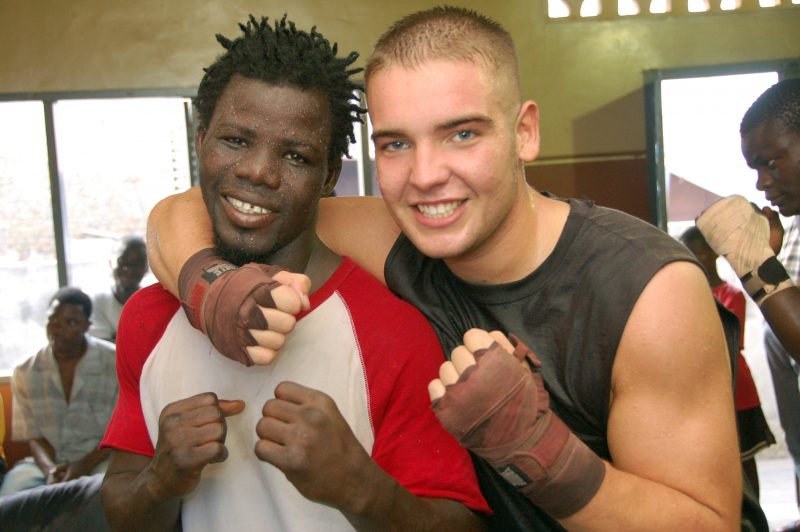
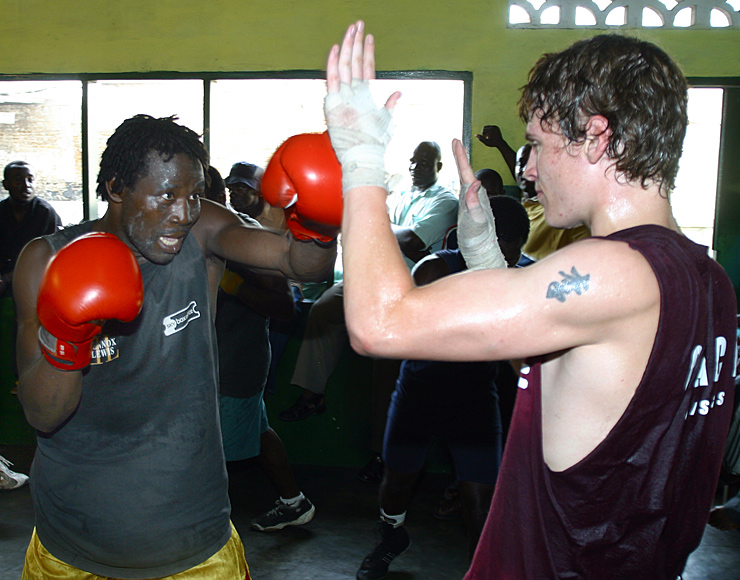
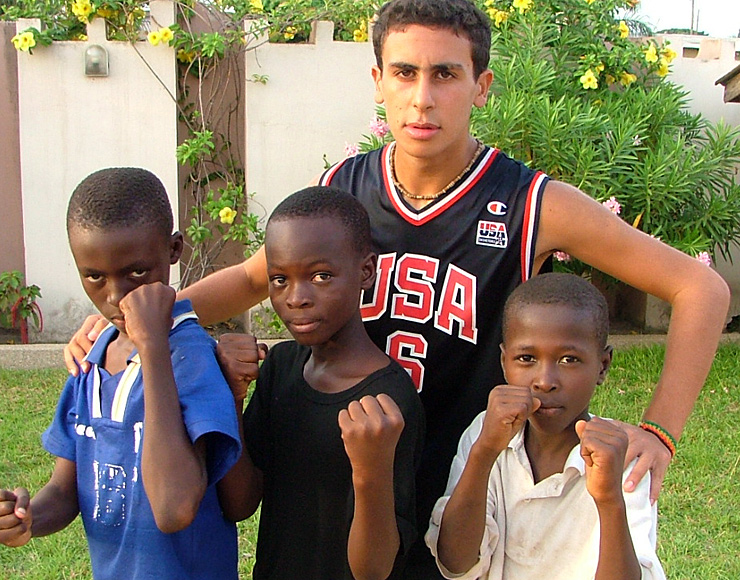
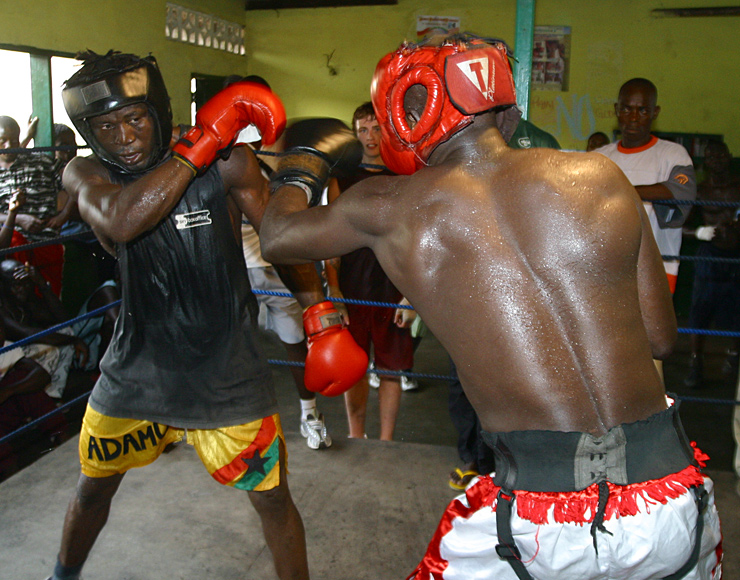
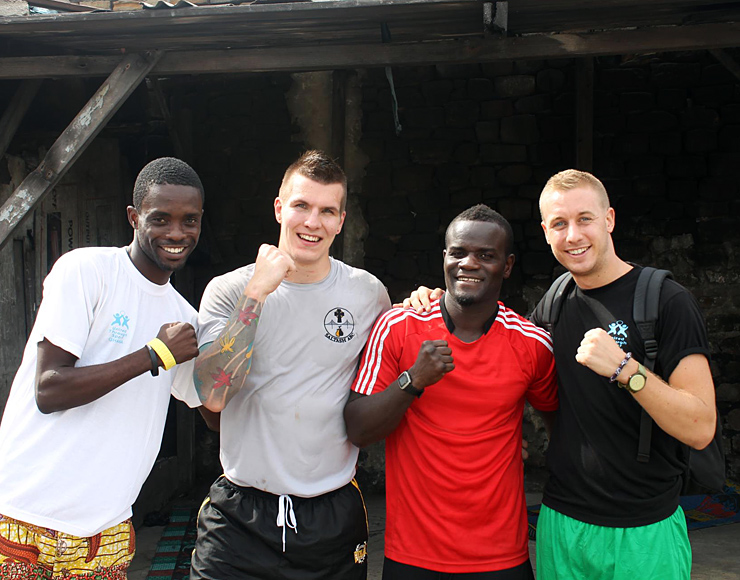
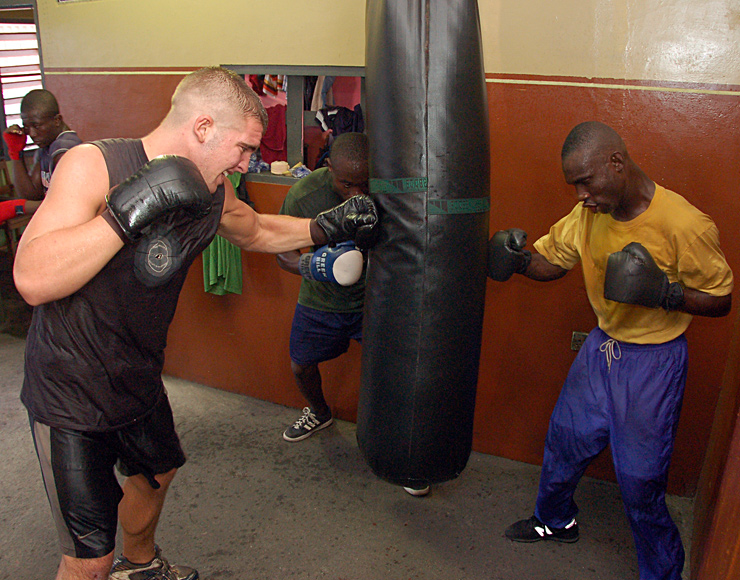
African Boxing Experience in Ghana, Accra
Take a boxing training and coaching experience as part of a volunteer holiday, a career break overseas or a boxing gap year and join a boxing ...
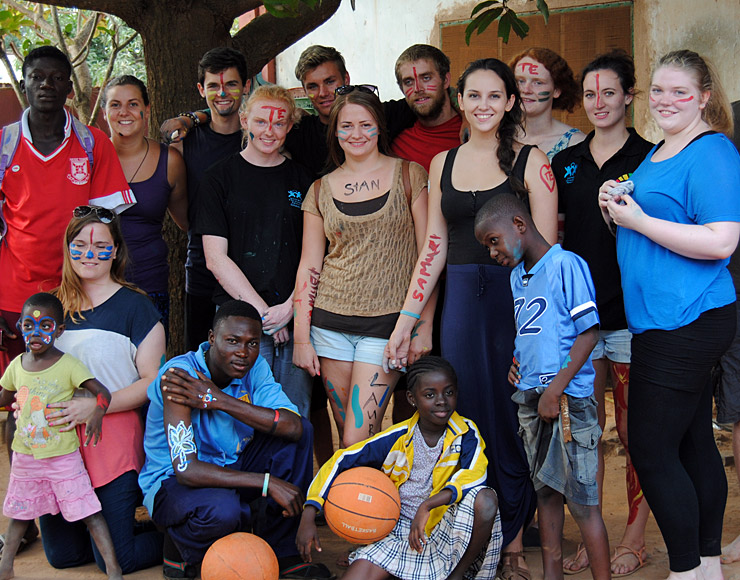
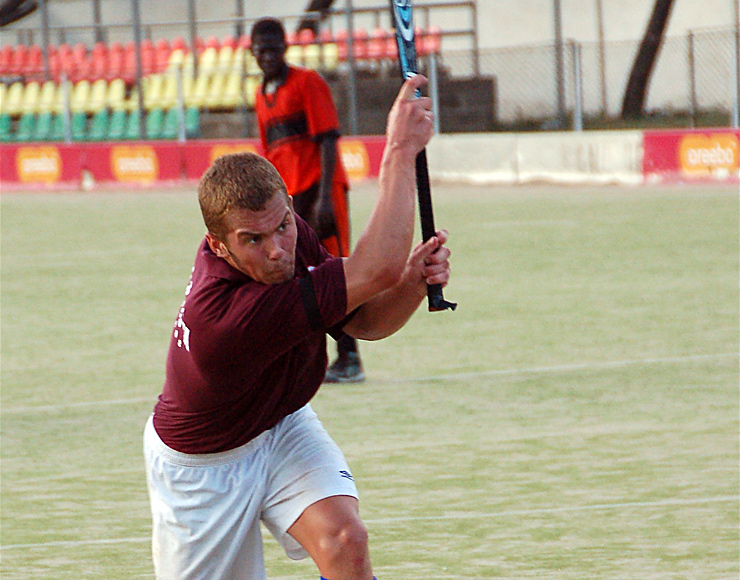
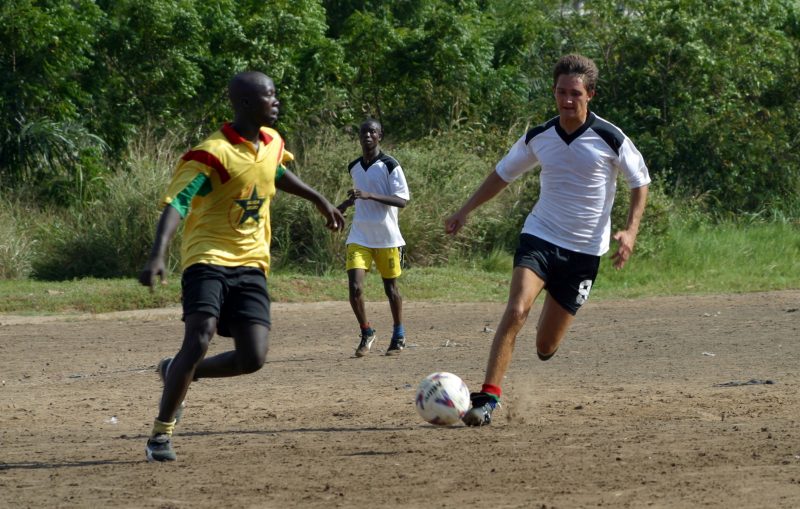
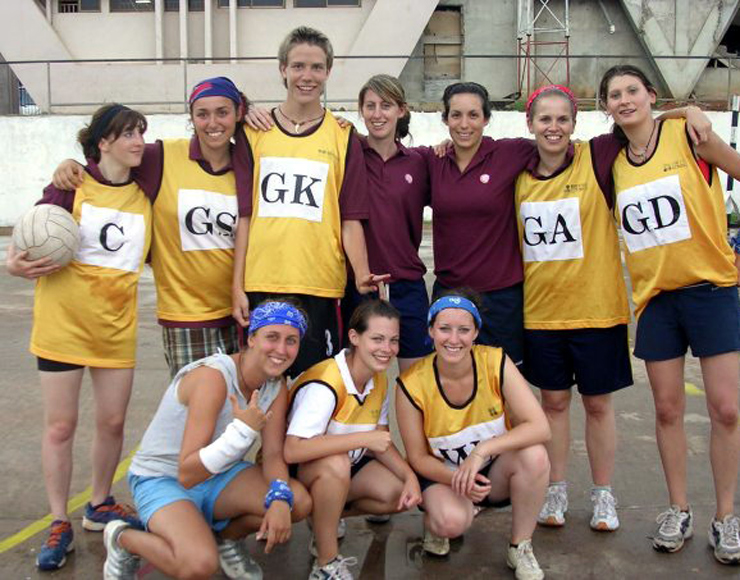
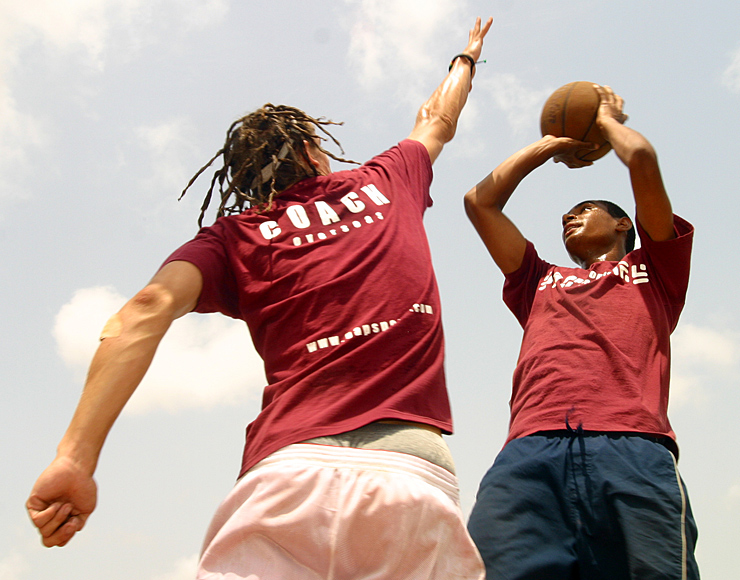
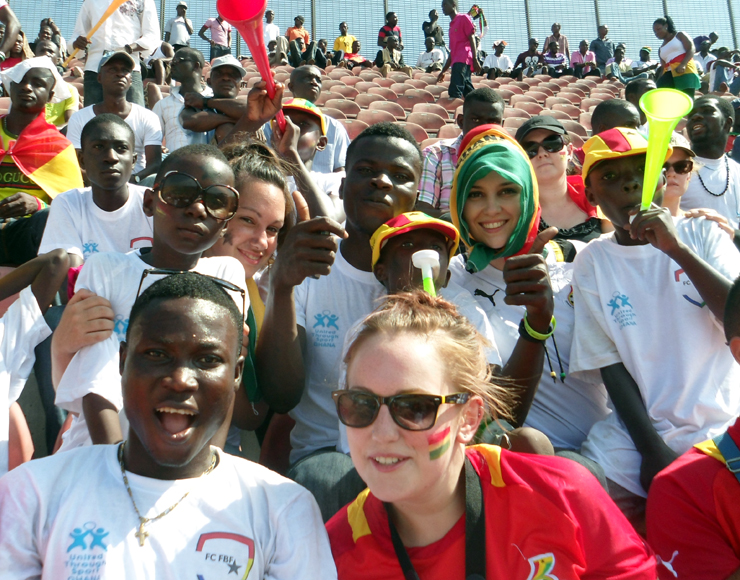
Multi-Sports & Community Group Tour in Ghana, Accra
What better way to experience one of Africa’s friendliest and exciting nations than embarking on a 10 or 14 day multi-sports tour to ...
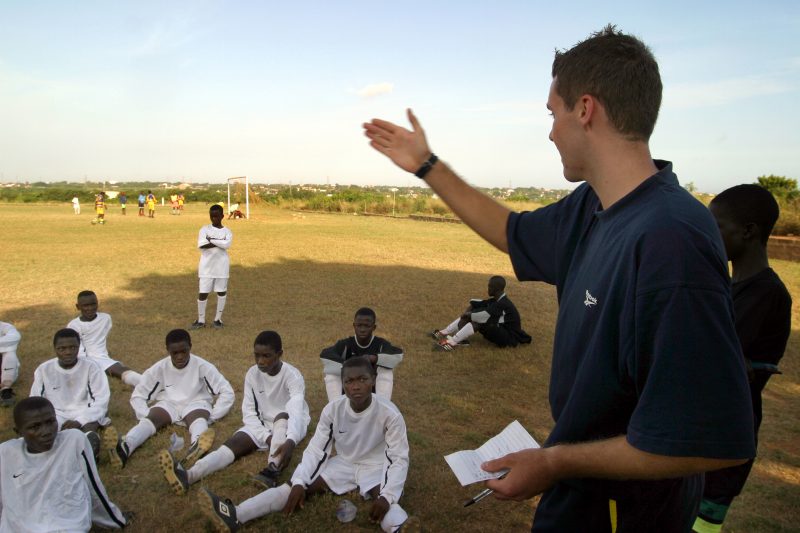
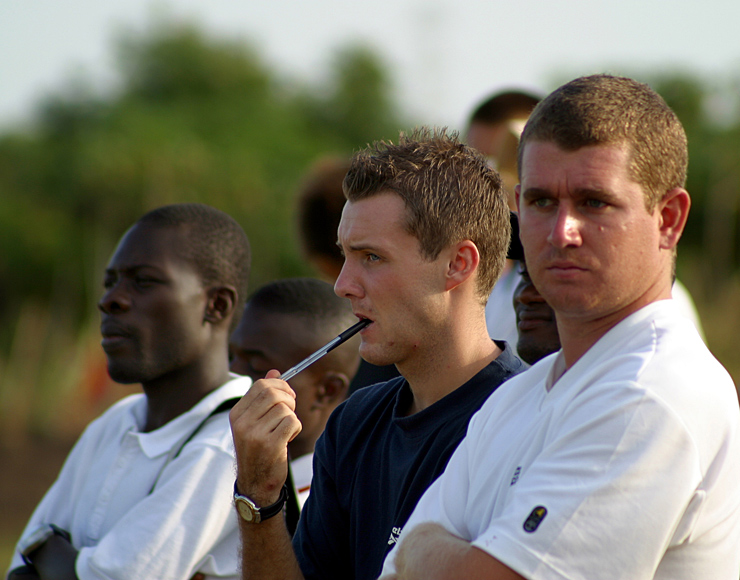
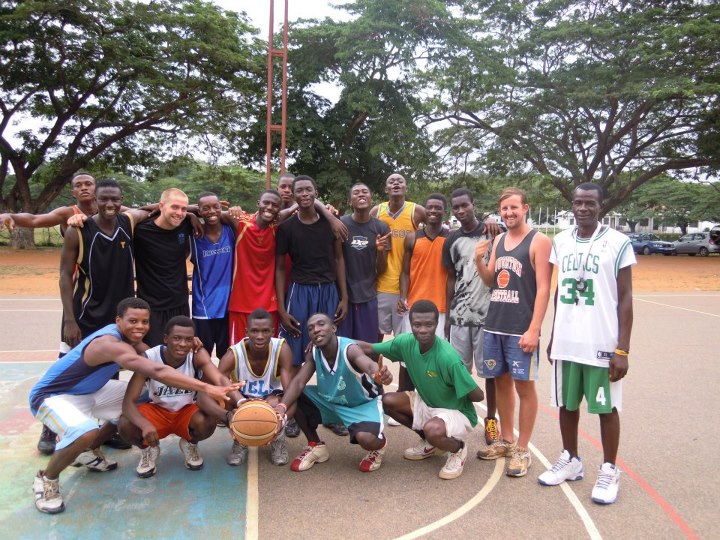
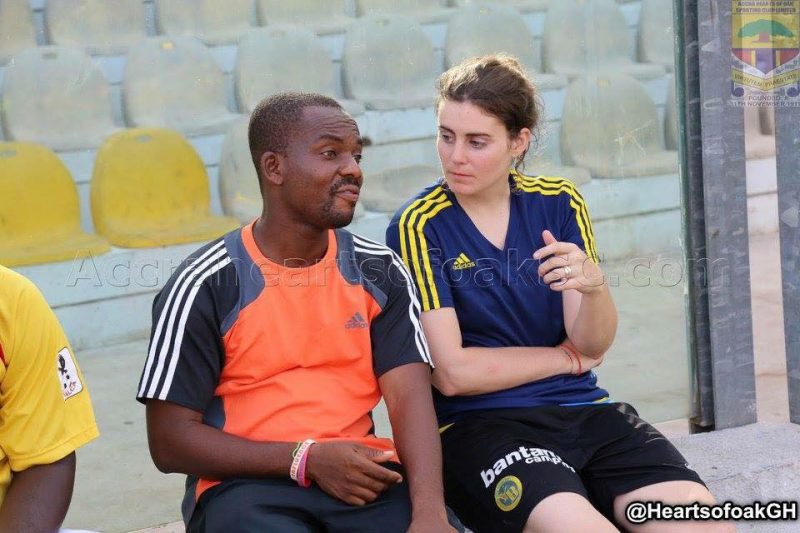

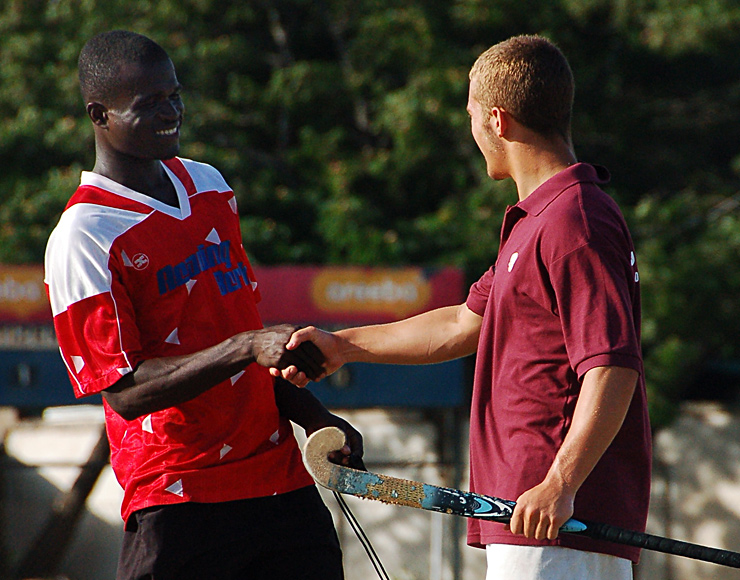
Sports Psychology Internship in Ghana, Accra
As a largely unexplored discipline in Ghana, sports psychology is an area in which self motivated and passionate sports enthusiasts will be able to make an ...
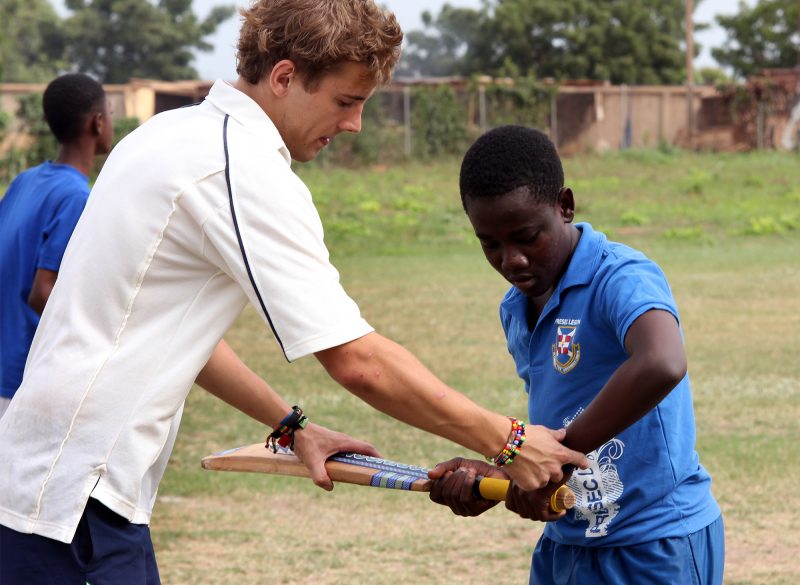

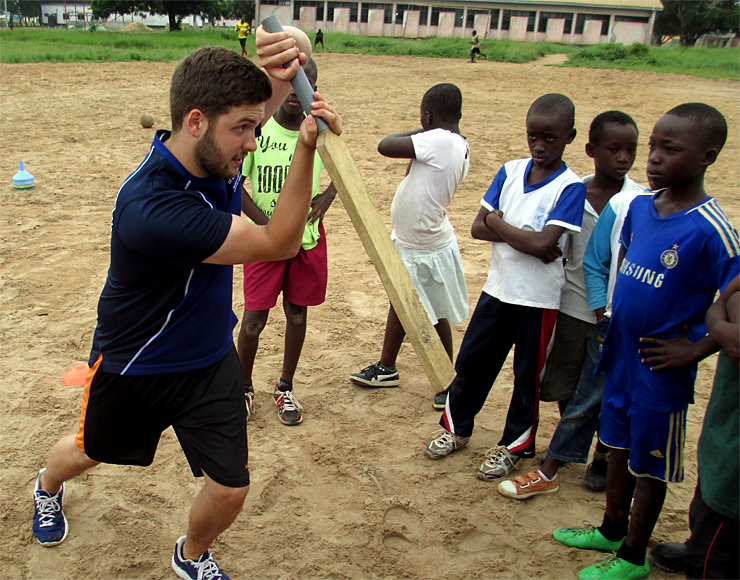
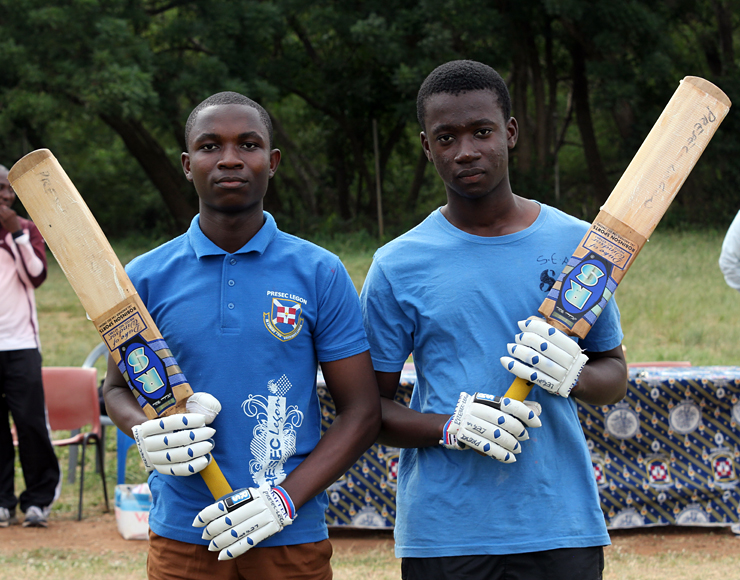
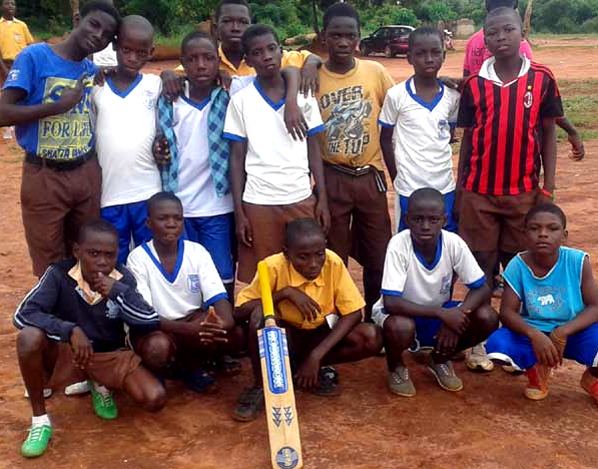
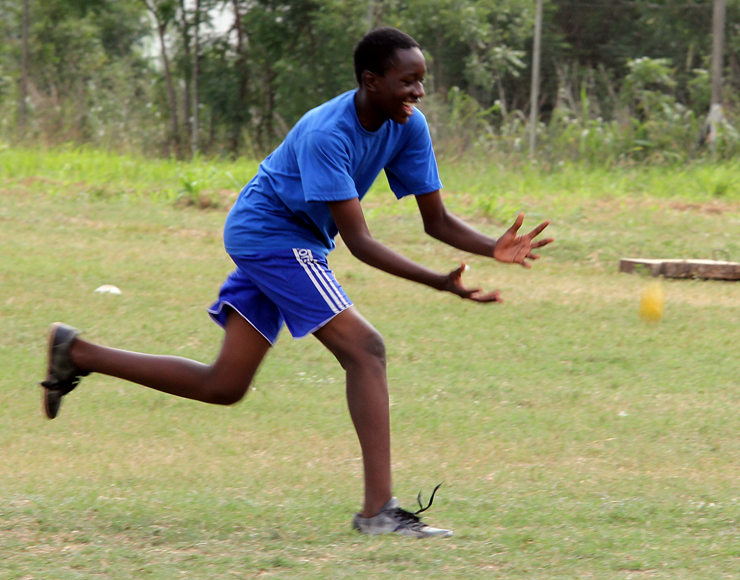
Cricket Coaching Volunteer Project in Ghana, Accra
Coaching cricket to the kids from the local schools and communities in Accra is a fantastic way to explore Ghana and leave your mark on this ...
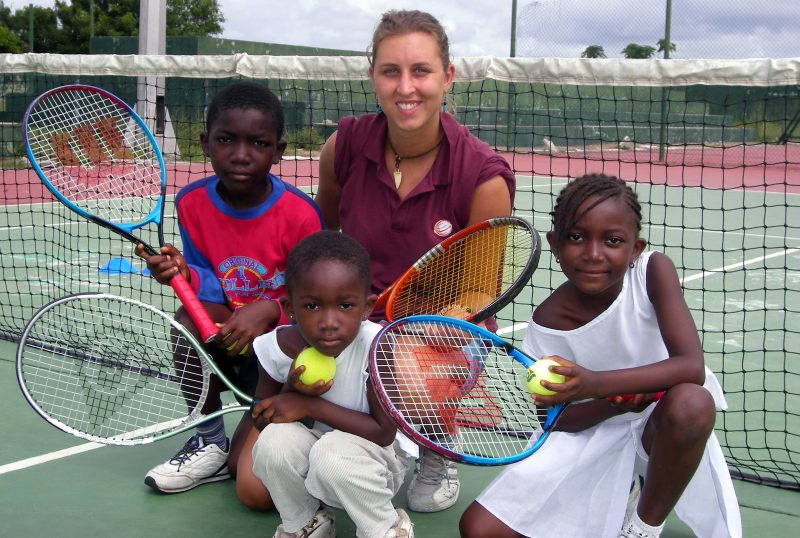
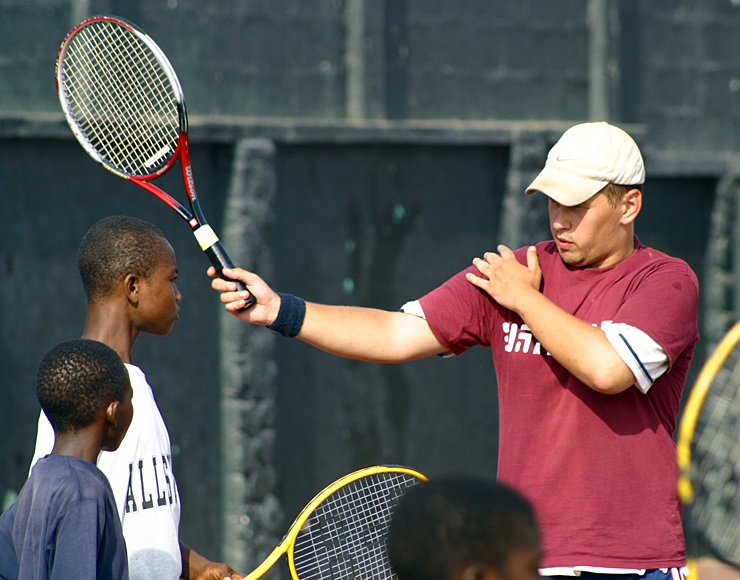
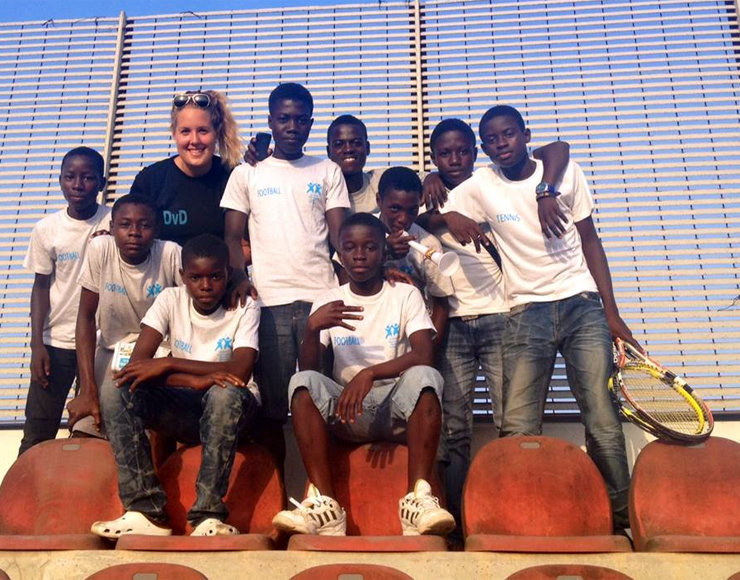
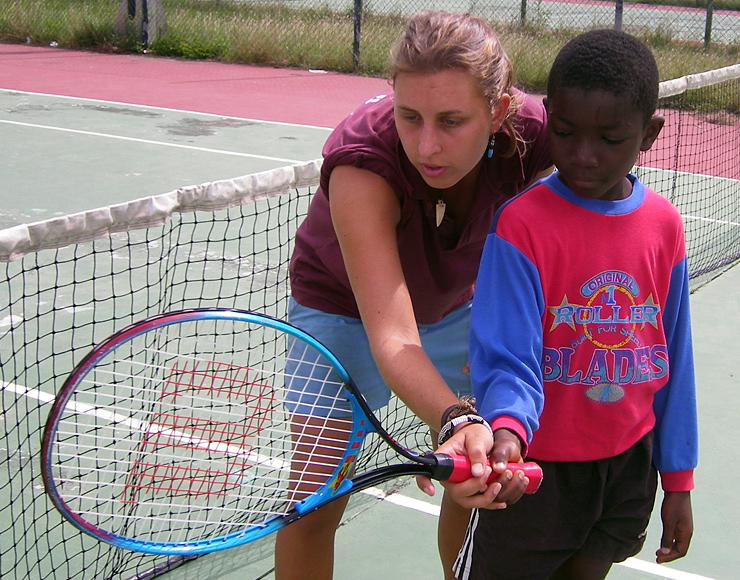
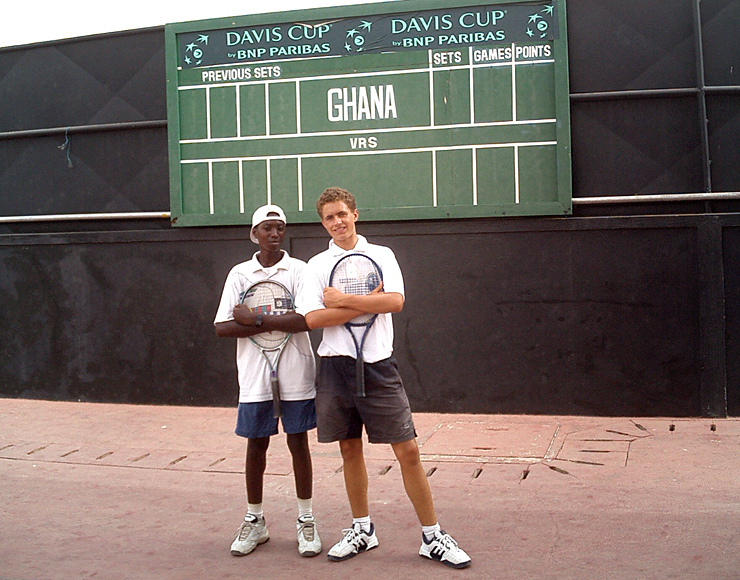
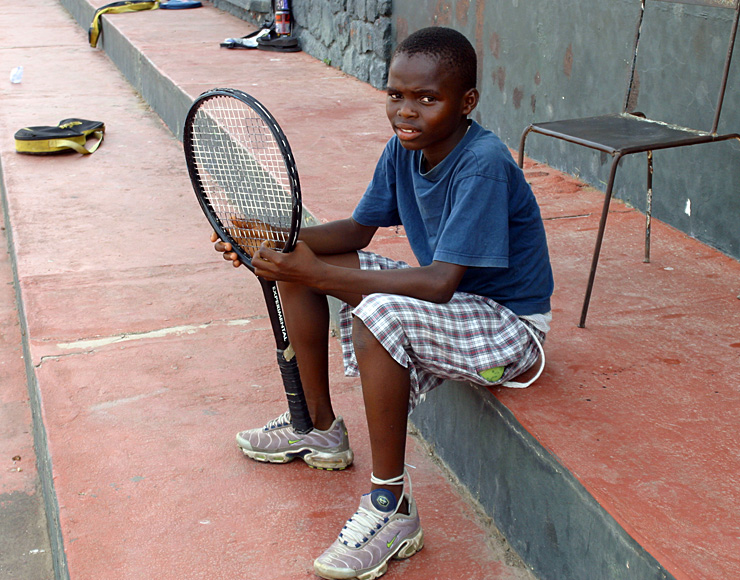
Tennis Coaching & Playing Experience in Ghana, Accra
Volunteer as a tennis coach in Ghana and give children the chance to play tennis in a fun, structured environment. Coaching tennis in Ghana is a ...
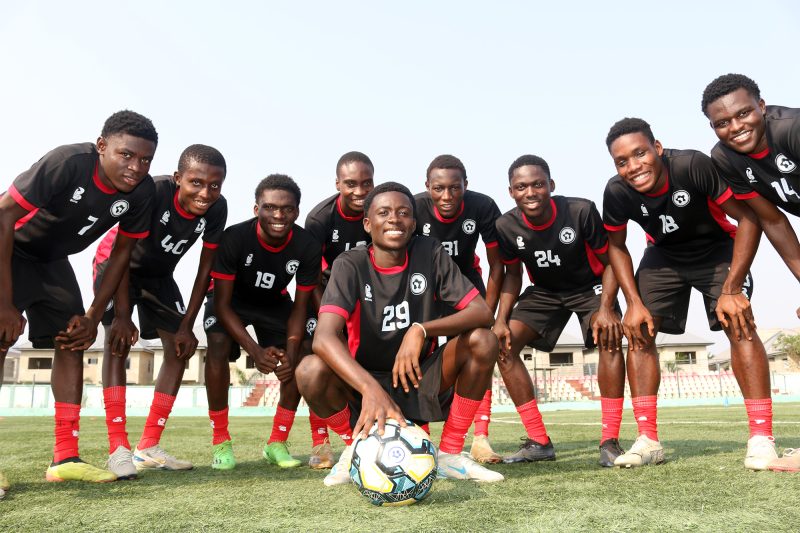
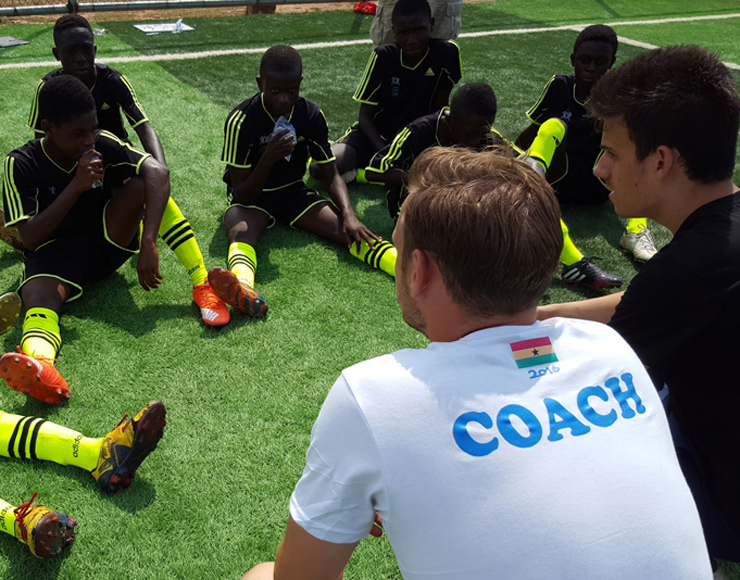
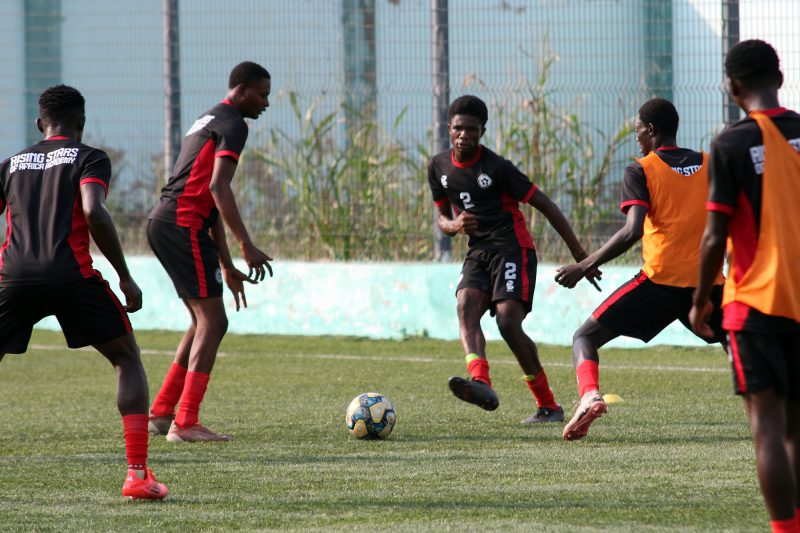
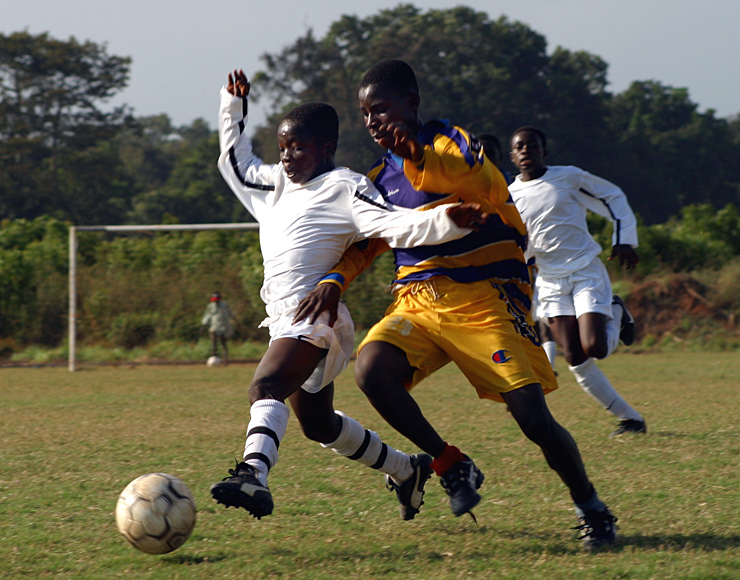
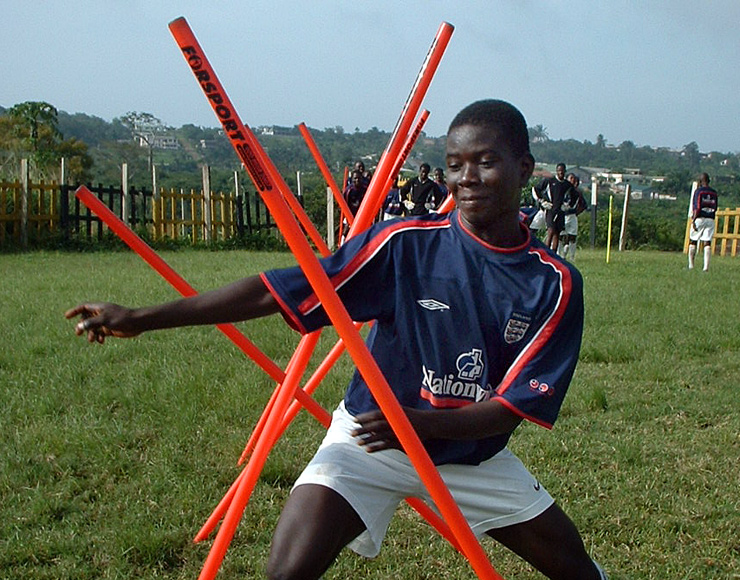

Higher Level Football Coaching Internship in Ghana, Accra
Coach at a leading premiership football club or elite football academy in Accra, and help to coach and develop football talent in some of Ghana’...
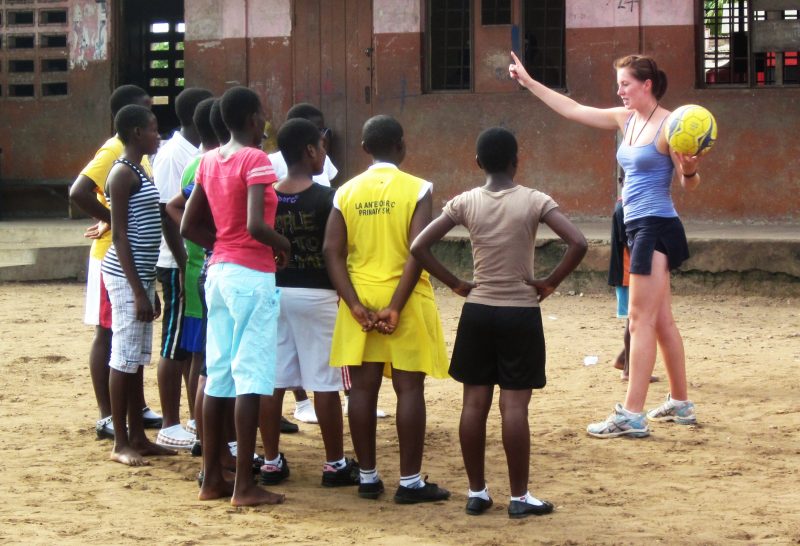
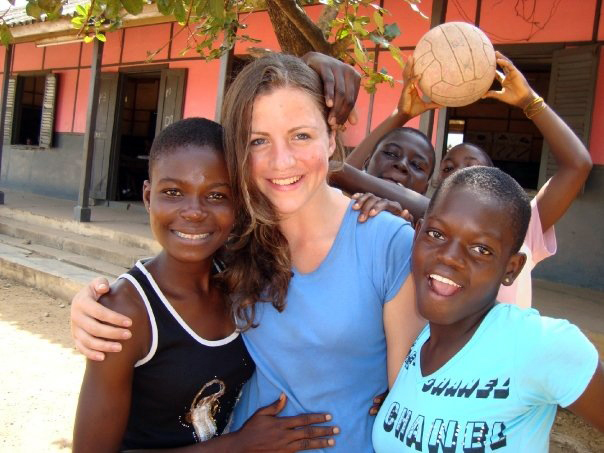
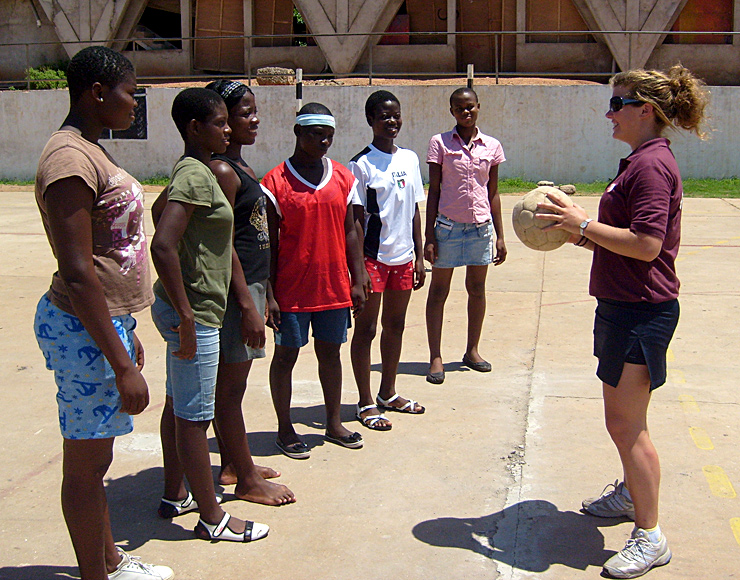


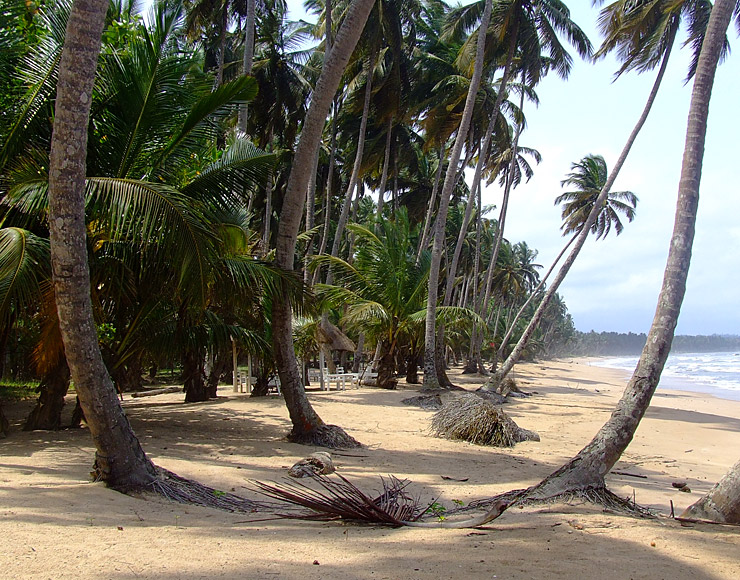
Netball Coaching & Playing Experience in Ghana, Accra
Volunteer in Ghana as a netball coach and give hundreds of children the chance to play and enjoy netball in a fun environment. Coaching netball to ...
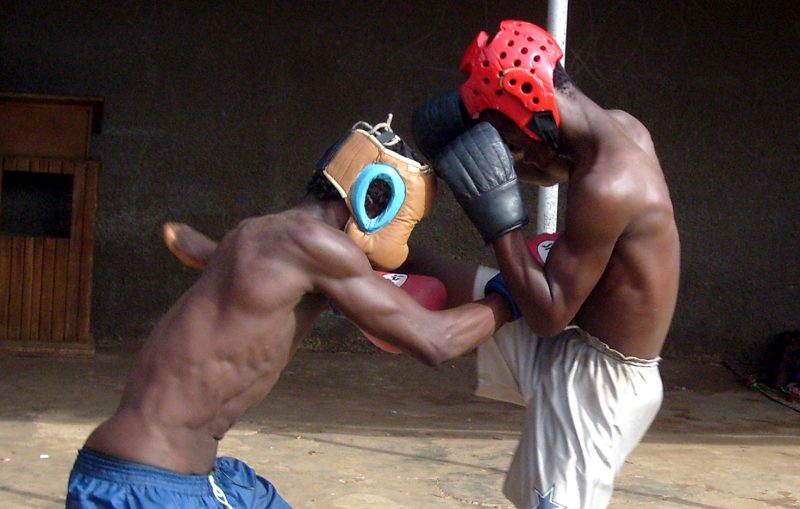
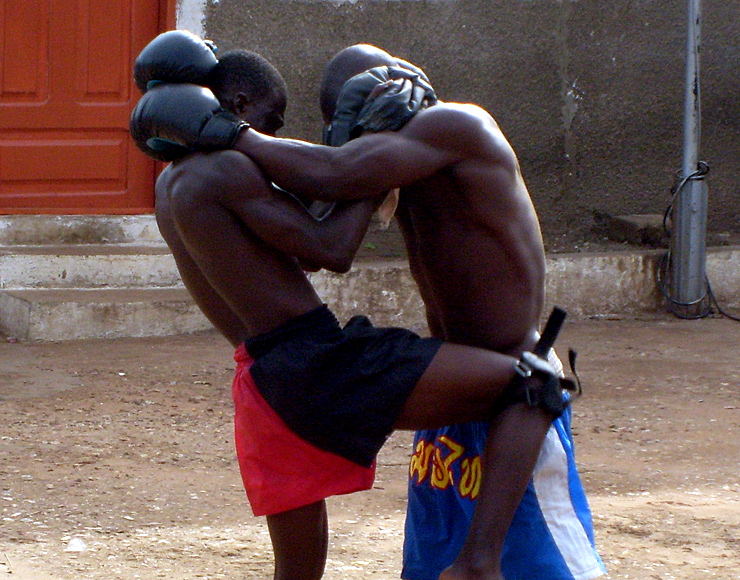
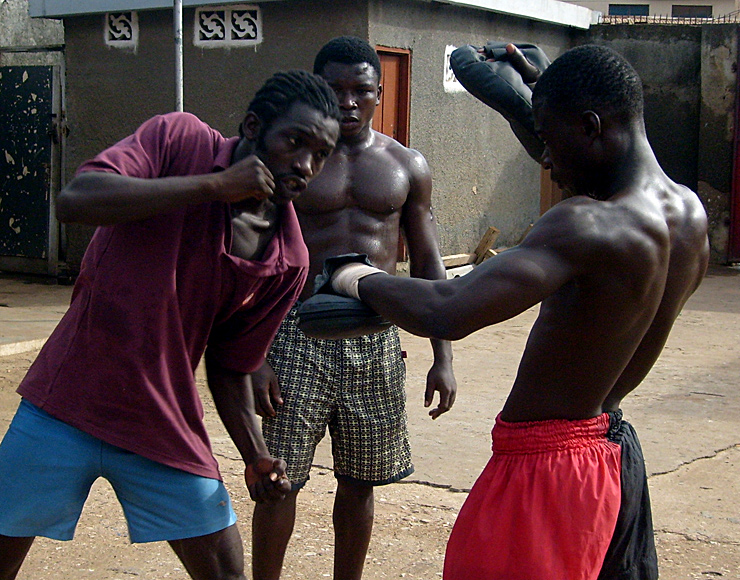
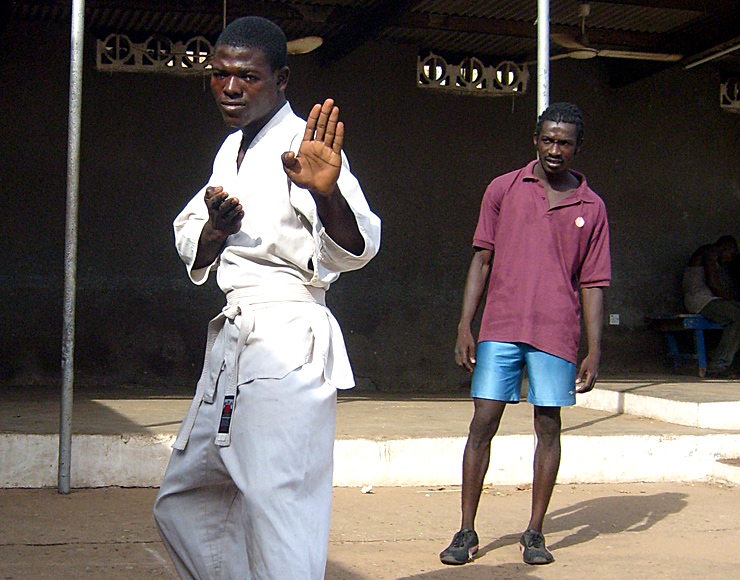
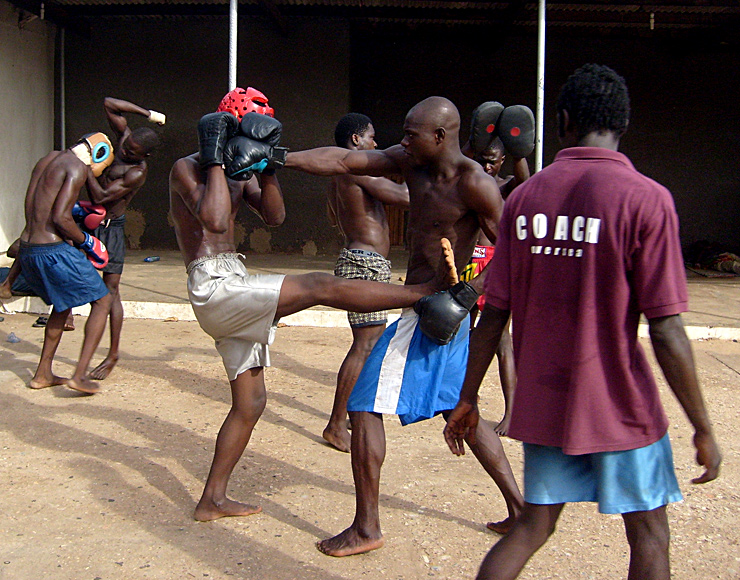
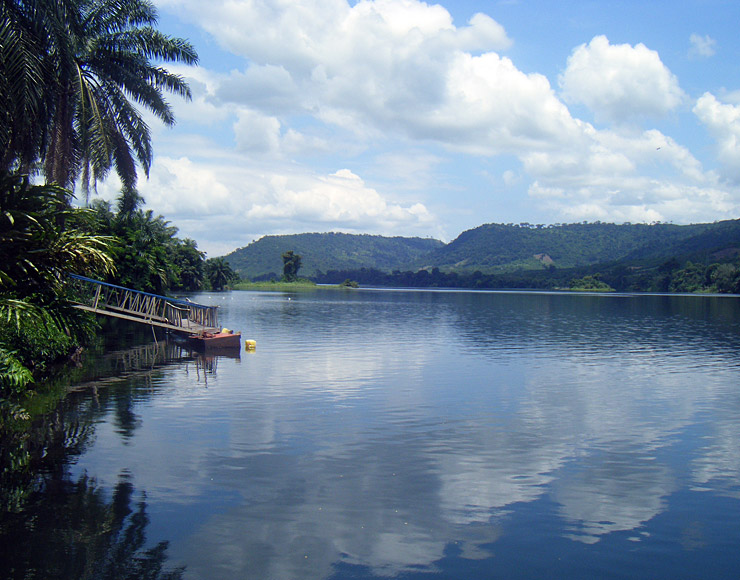
Martial Arts Training Experience in Ghana, Accra
Enjoy your favourite martial art and improve your skills in Judo, Kickboxing, Taekwondo or Karate. Coach martial arts in Africa as part of your gap year, ...
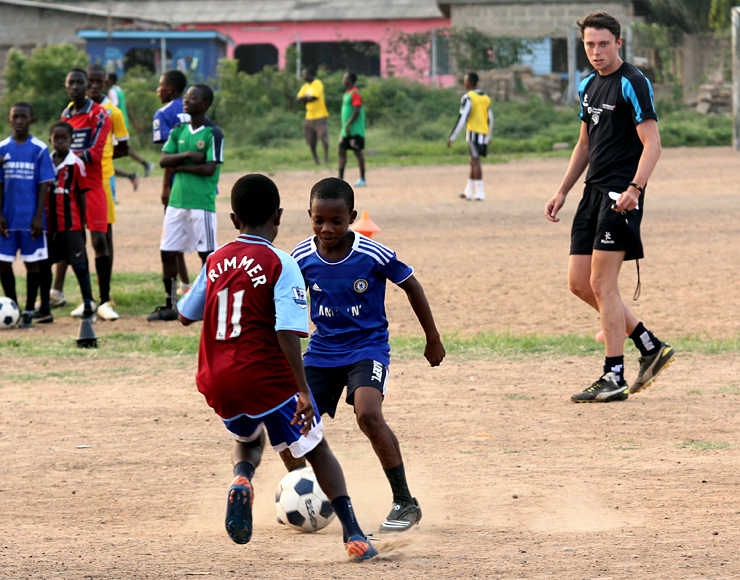

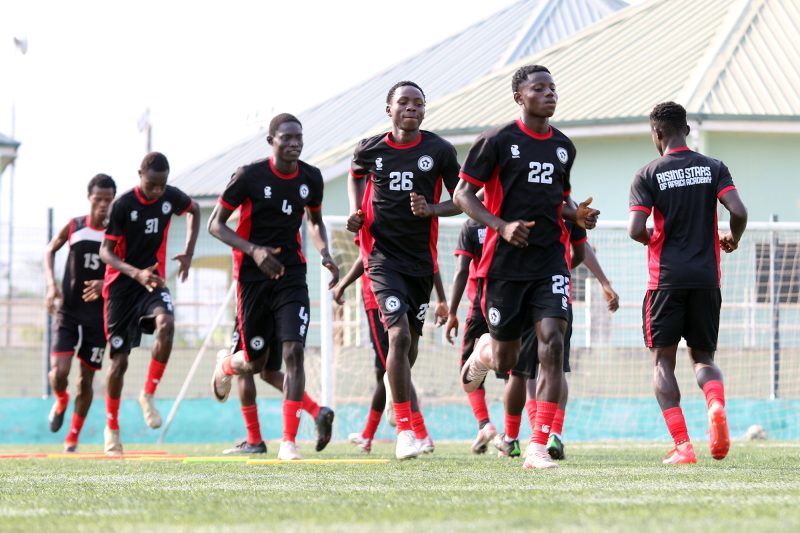
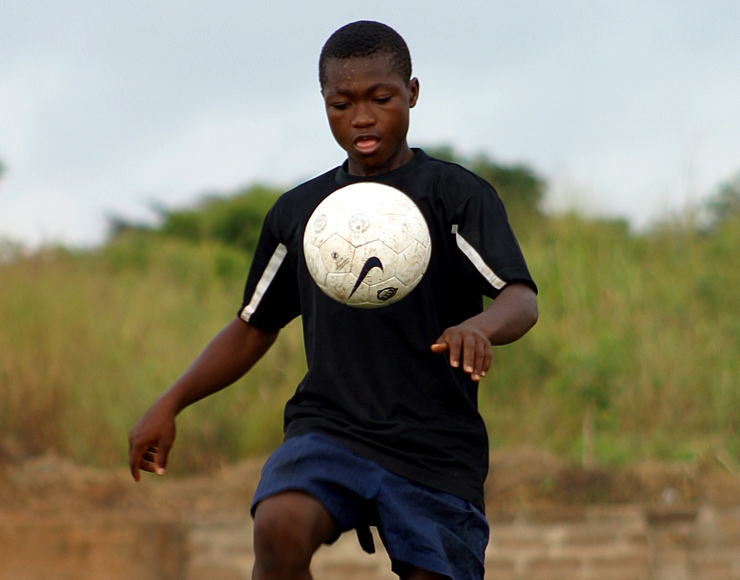
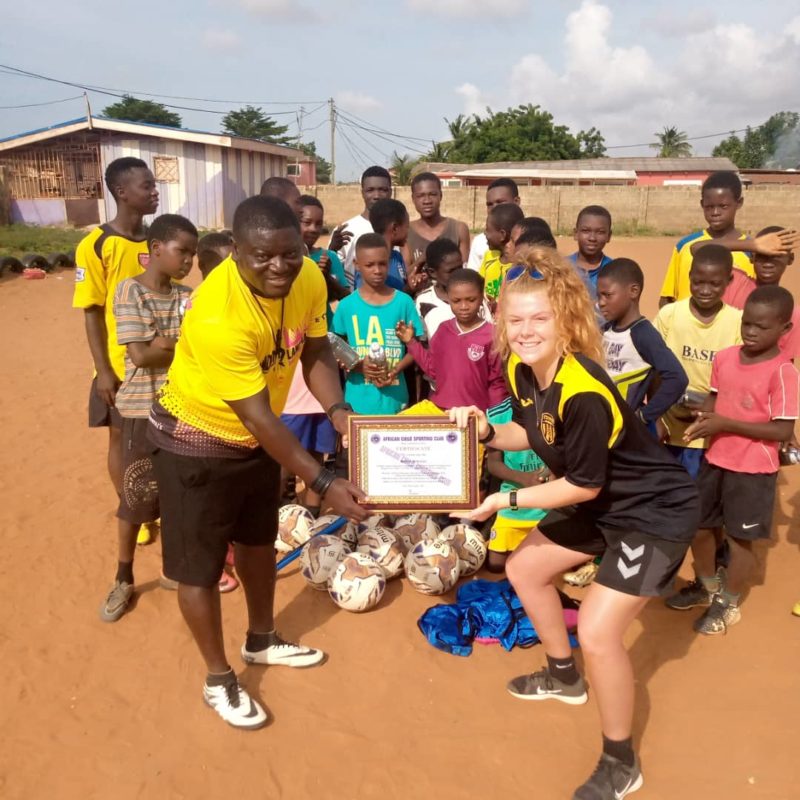
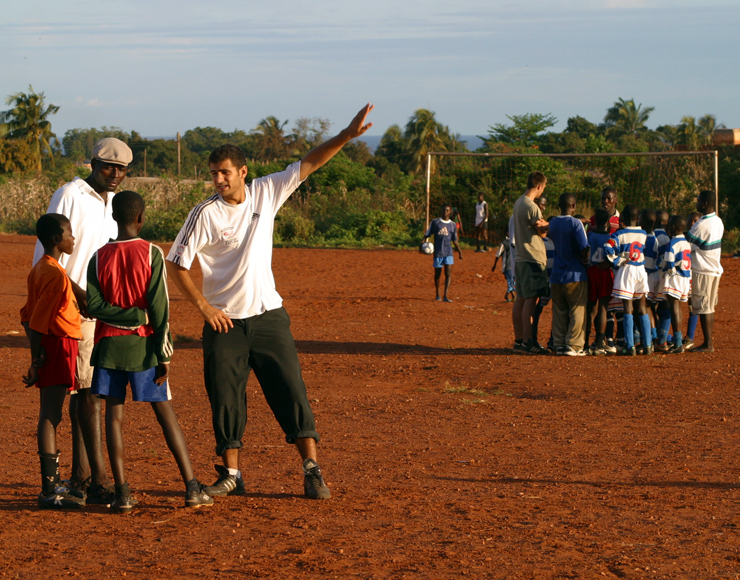
Football Coaching & Playing Project in Ghana, Accra
Work as a volunteer football coach in Ghana and give kids the chance to train and play football in a fun, organised way. Coaching football in ...
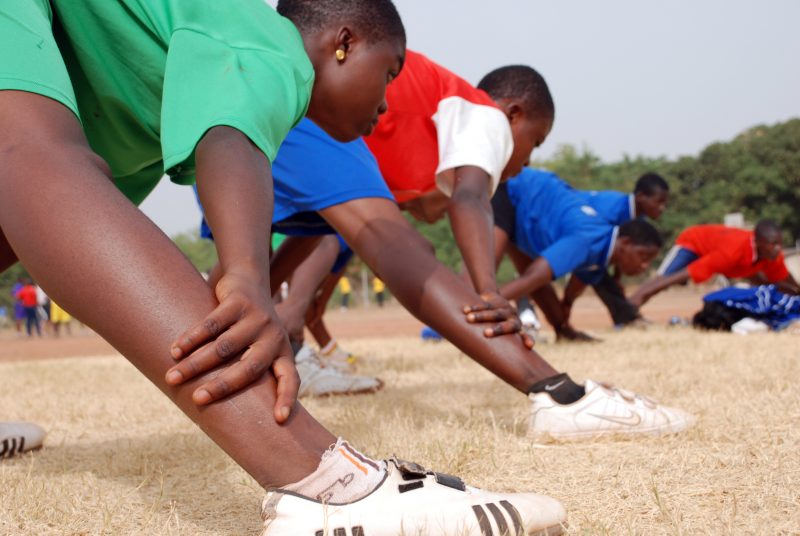
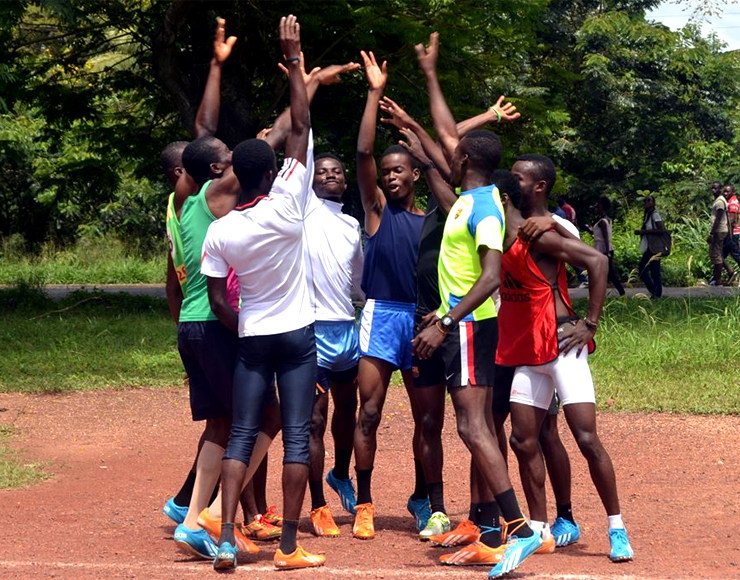
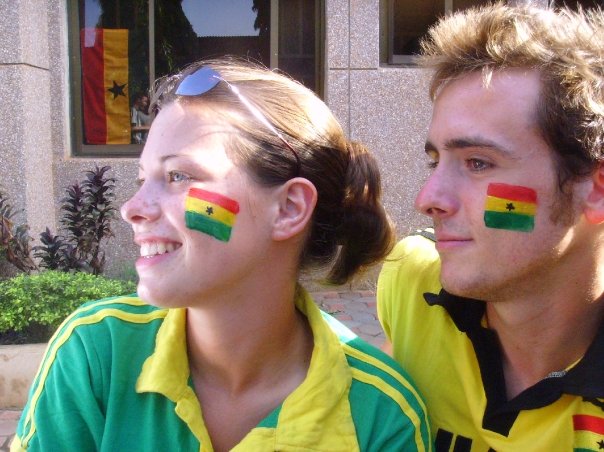
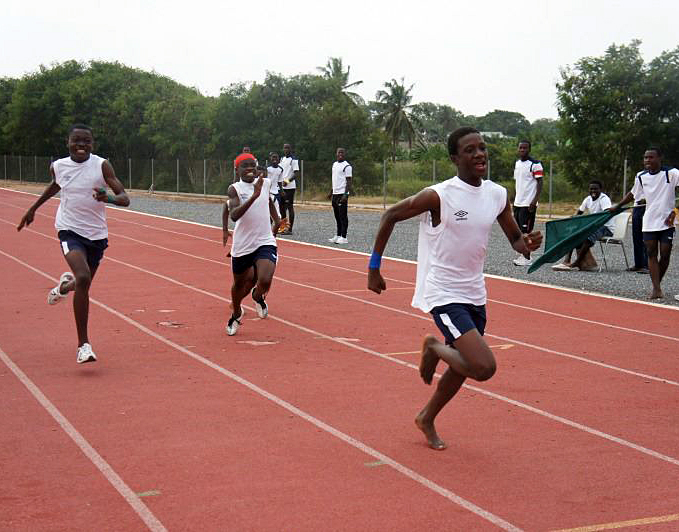
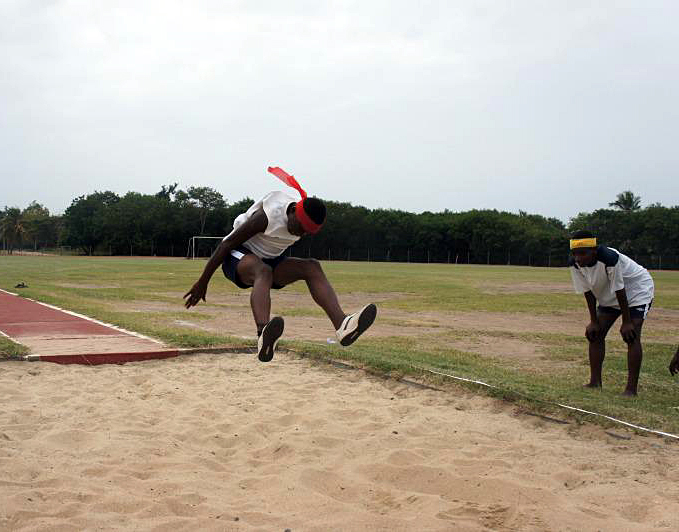
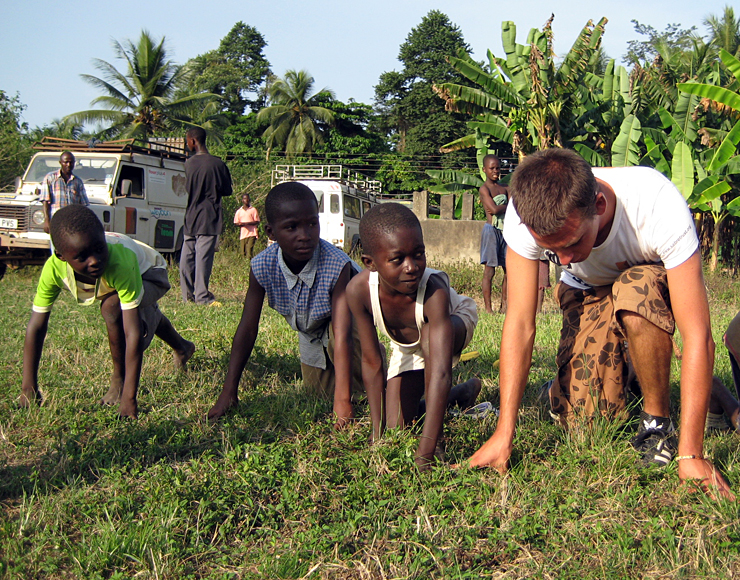
Athletics Coaching and Training in Ghana, Accra
Coach athletics to children in Ghana and give aspiring athletes the opportunity to train and develop in the sport they are so passionate about. Coaching athletics ...
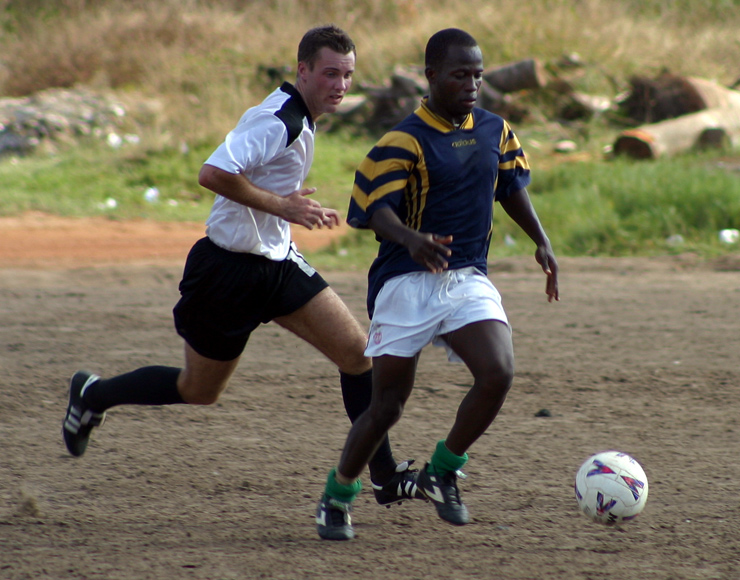
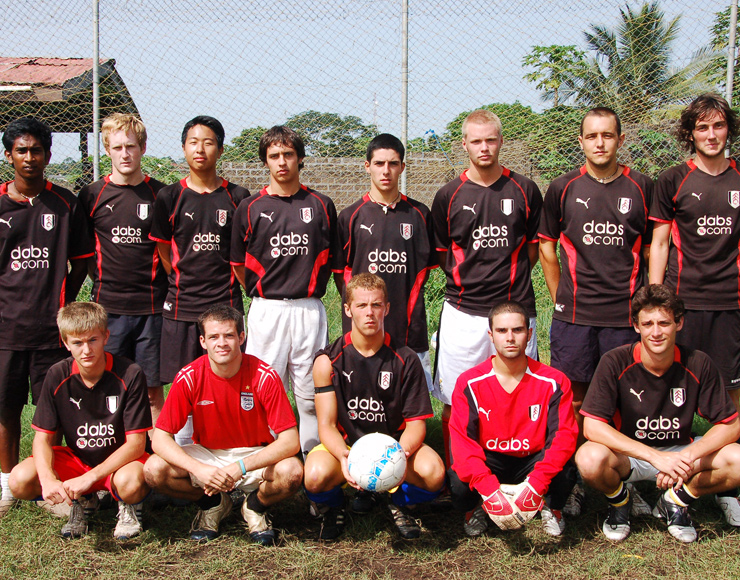
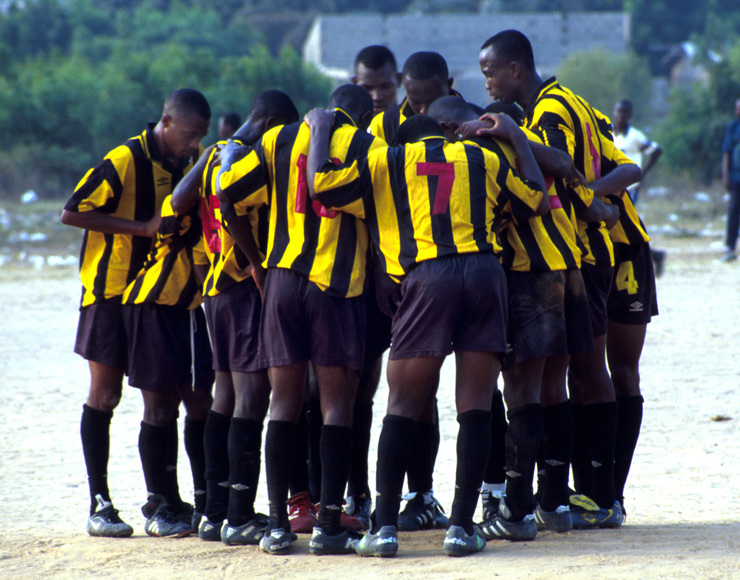
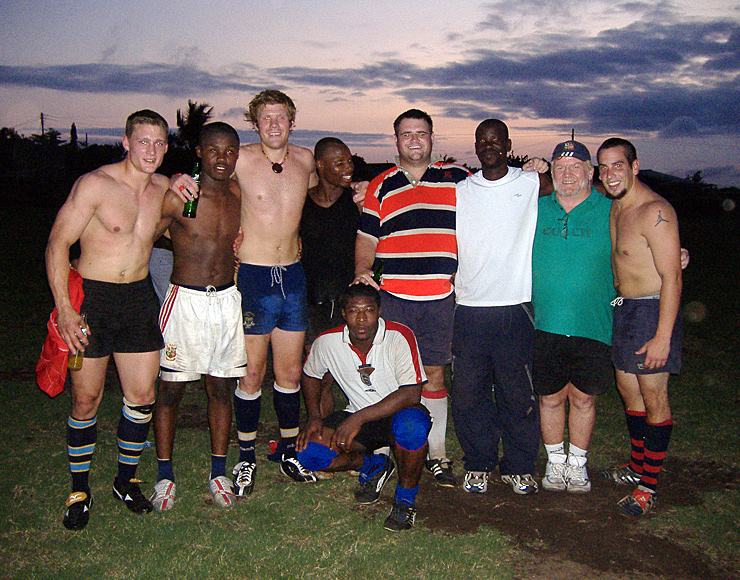
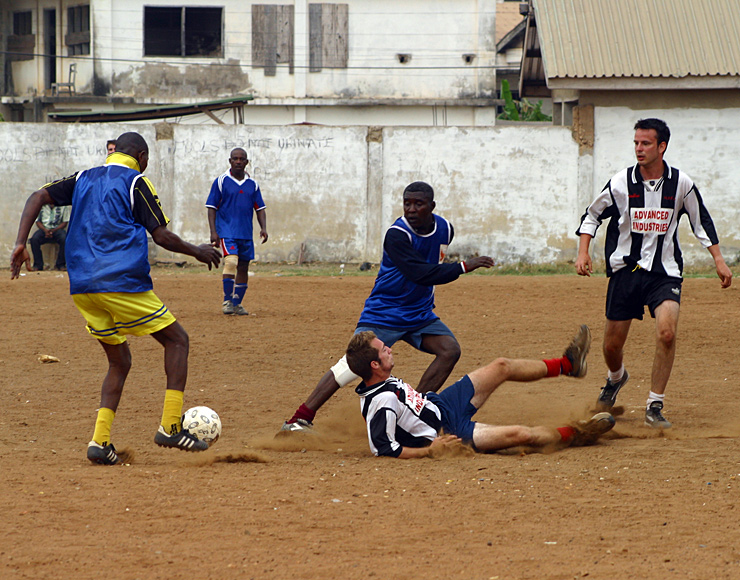
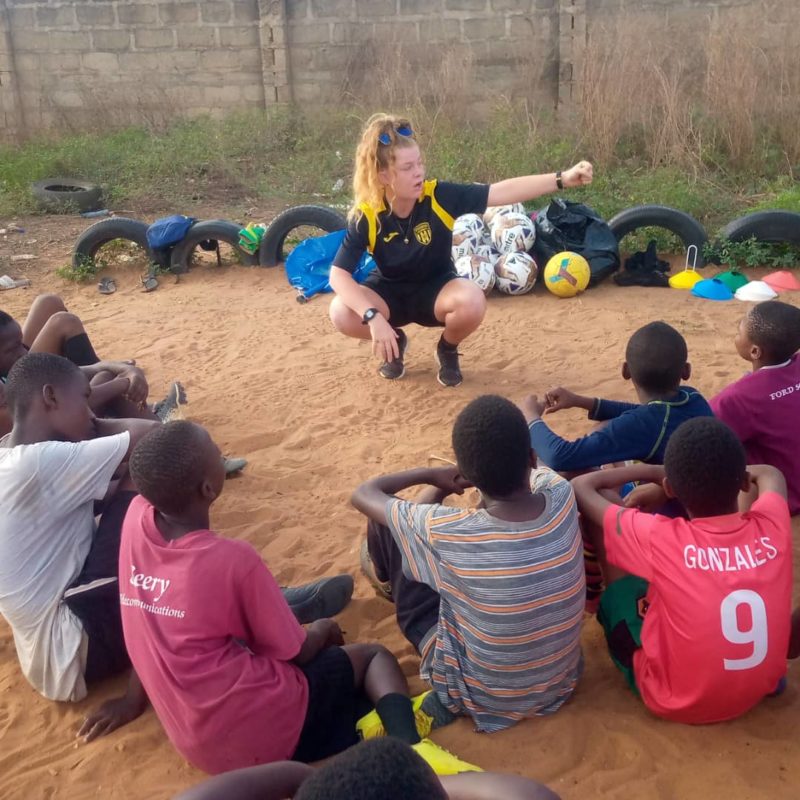
Football Sports Tour in Ghana, Accra
Embrace Ghana with your school, university or football club sports team on this incredible football sports tour in the capital city, Accra. Experience football coaching and ...
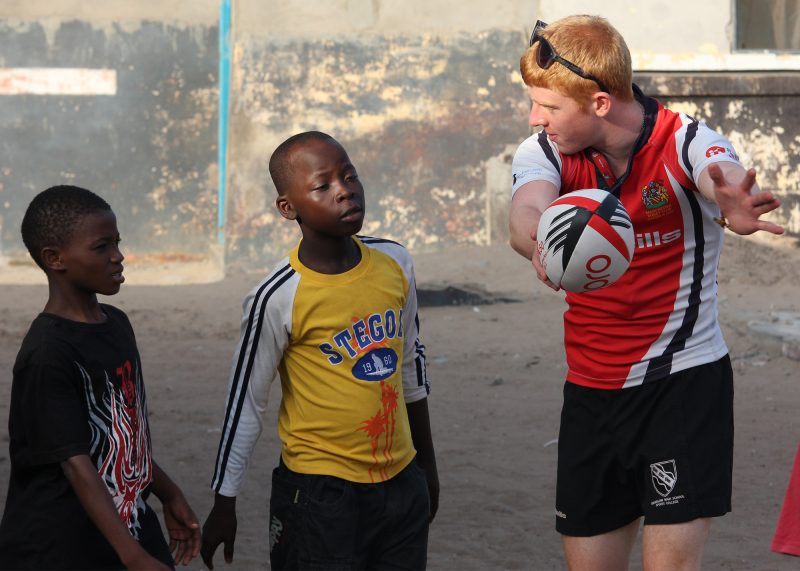
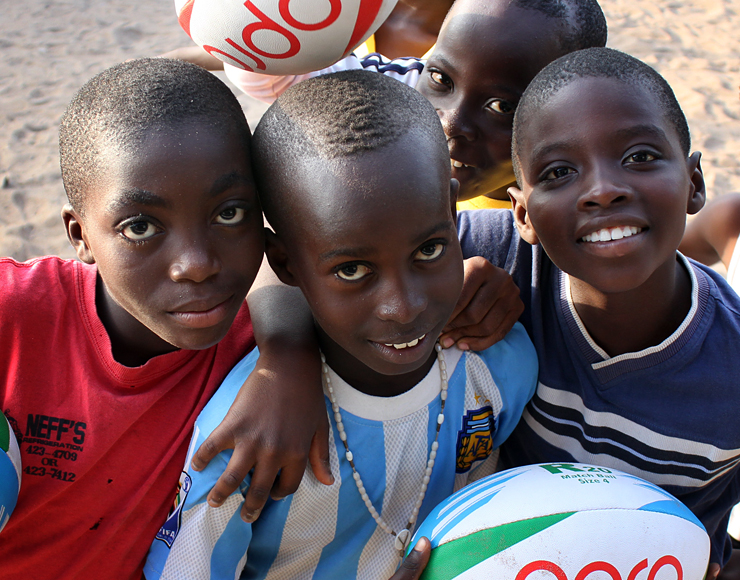
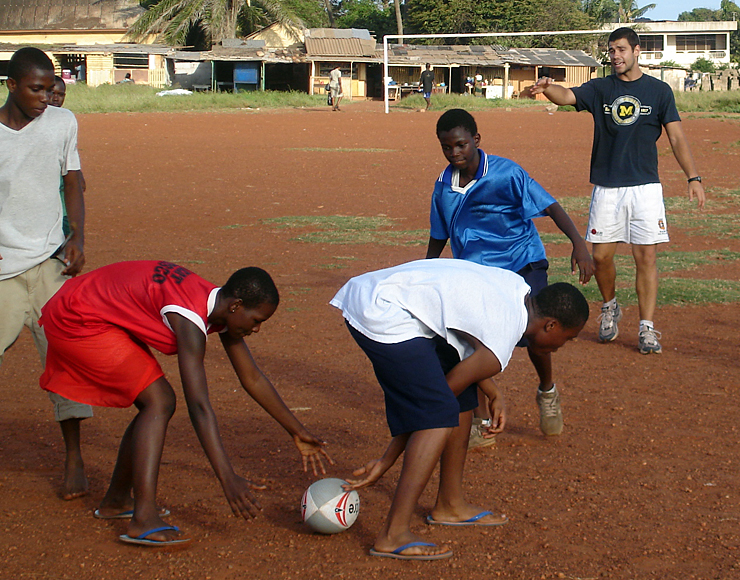
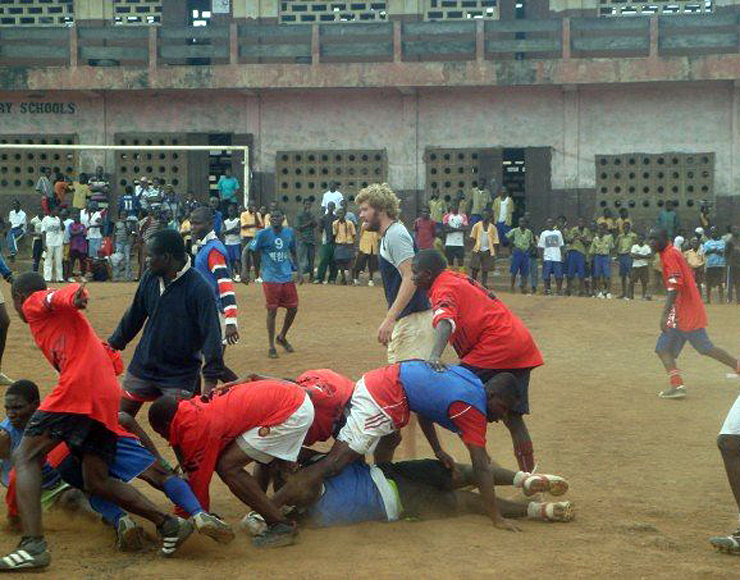
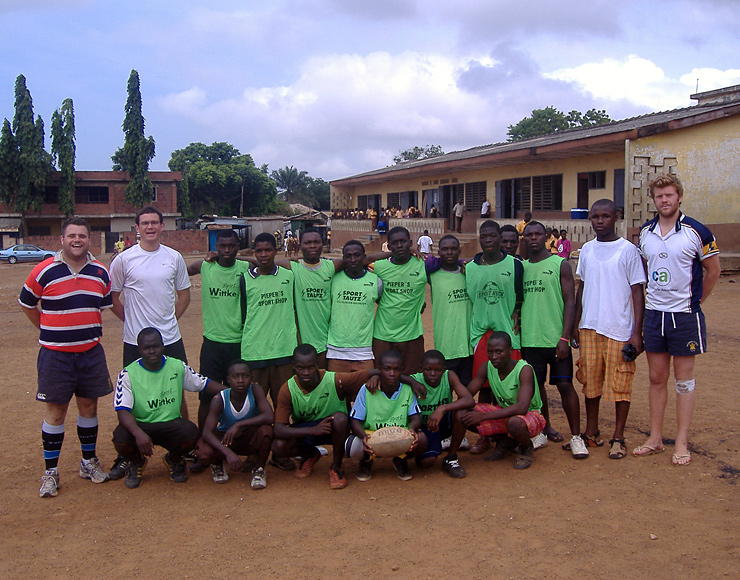
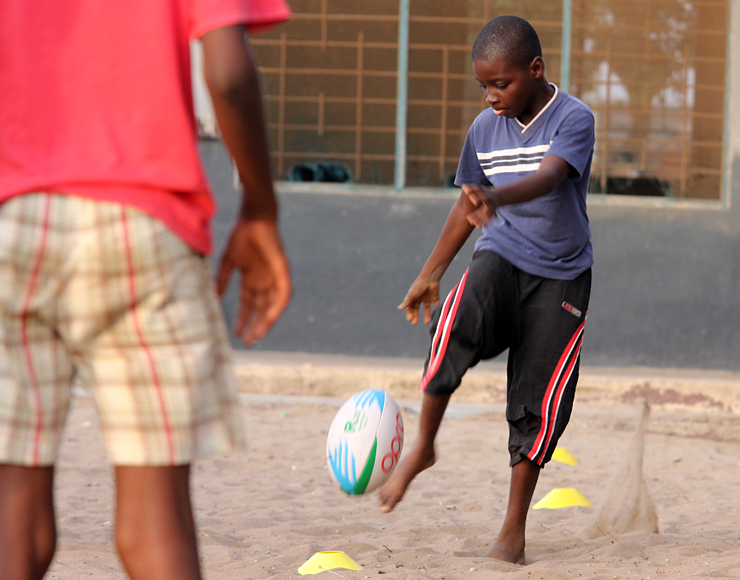
Rugby Coaching & Playing Experience in Ghana, Accra
Volunteer as a rugby coach in Ghana and give children the chance to play rugby in a fun, structured environment. Coaching rugby in Ghana is a ...
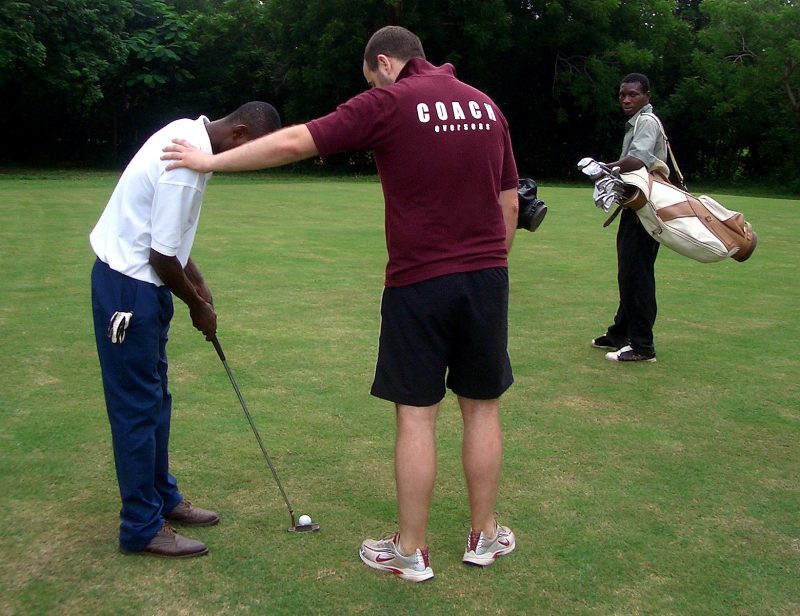
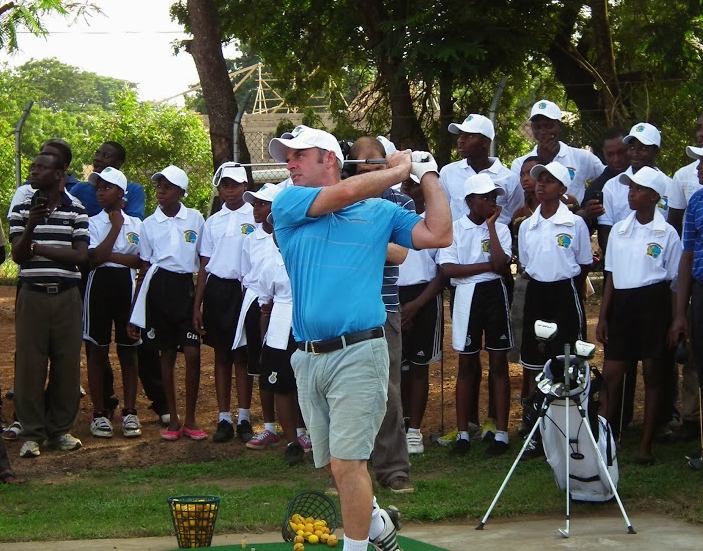
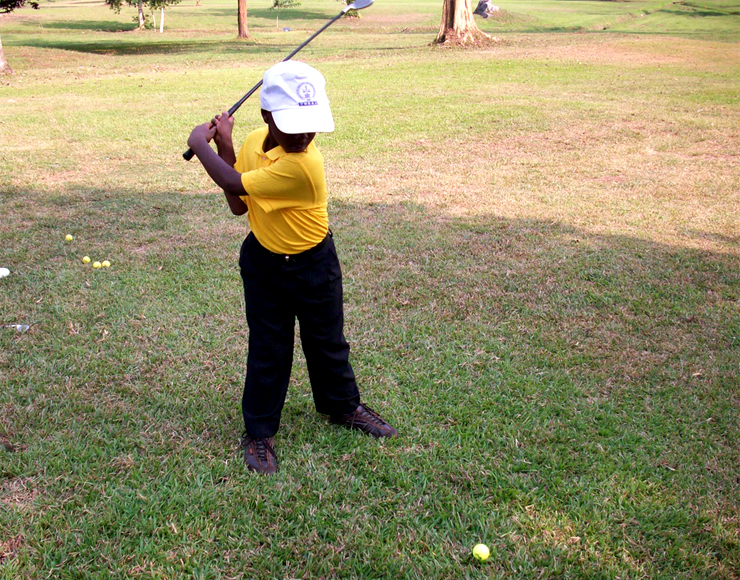
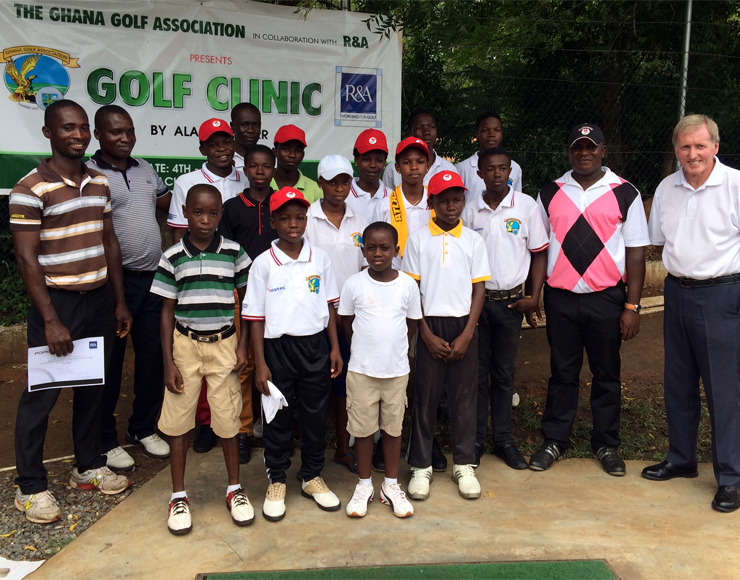

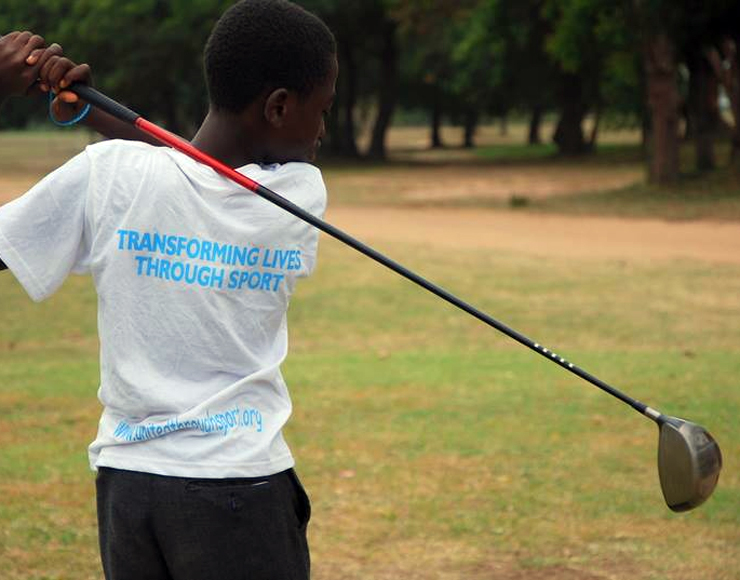
Golf Coaching Volunteer Project in Ghana, Accra
Coach golf to kids in Ghana that do not receive any formal structured coaching advice and guidance. Be a significant role in their sporting development giving ...
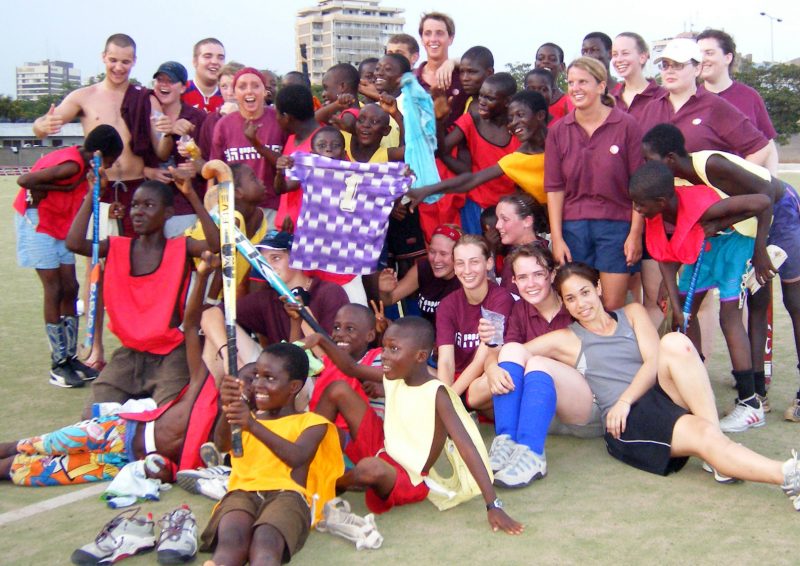
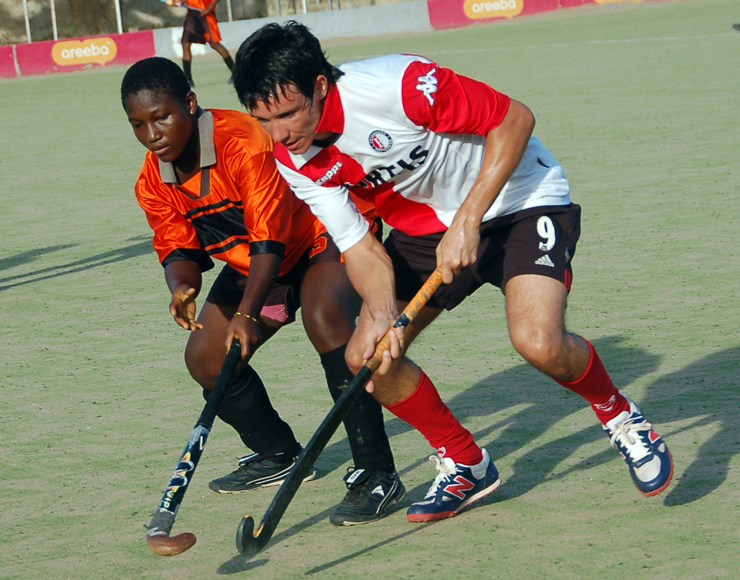
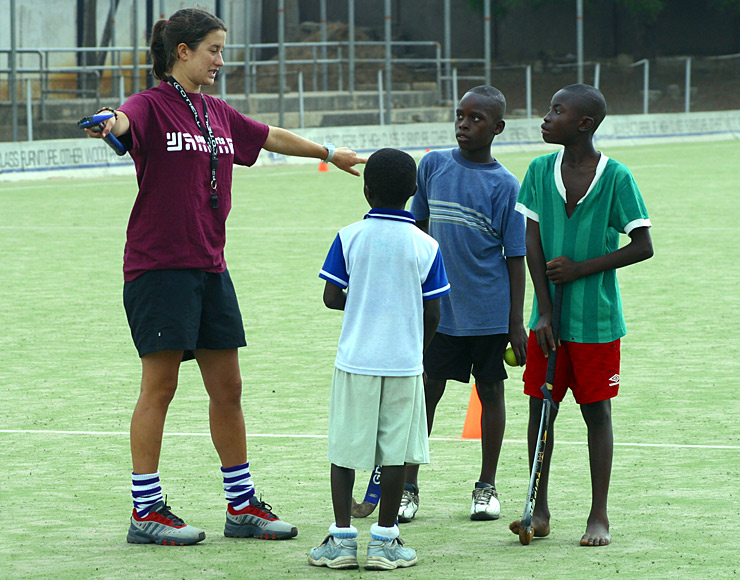
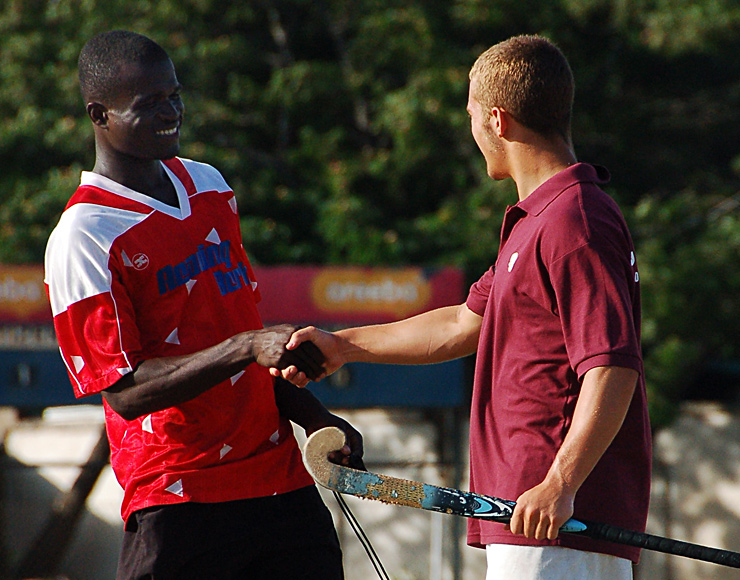
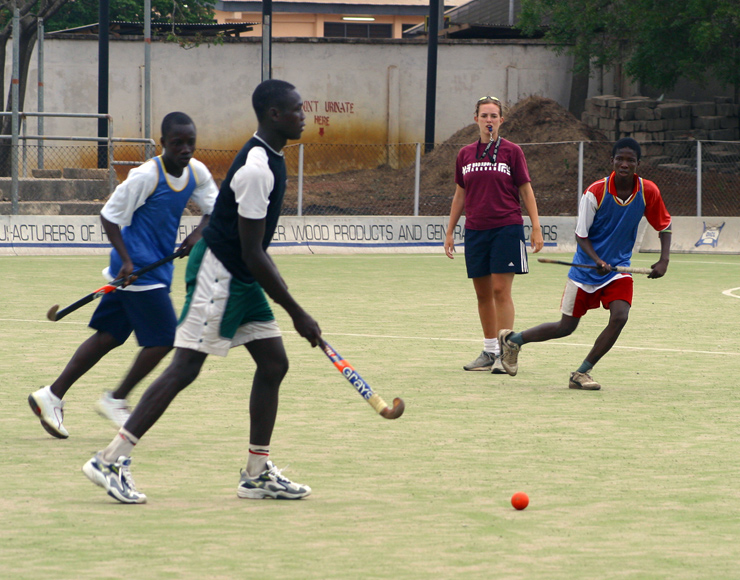
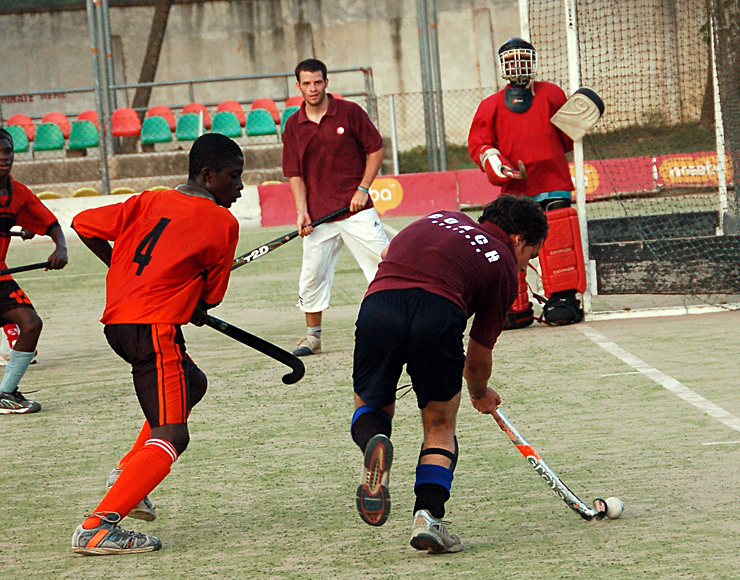
Hockey Coaching & Playing Experience in Ghana, Accra
Coach hockey in Ghana and give children the opportunity to play and be coached in the sport they love. As a volunteer hockey coach, you will ...
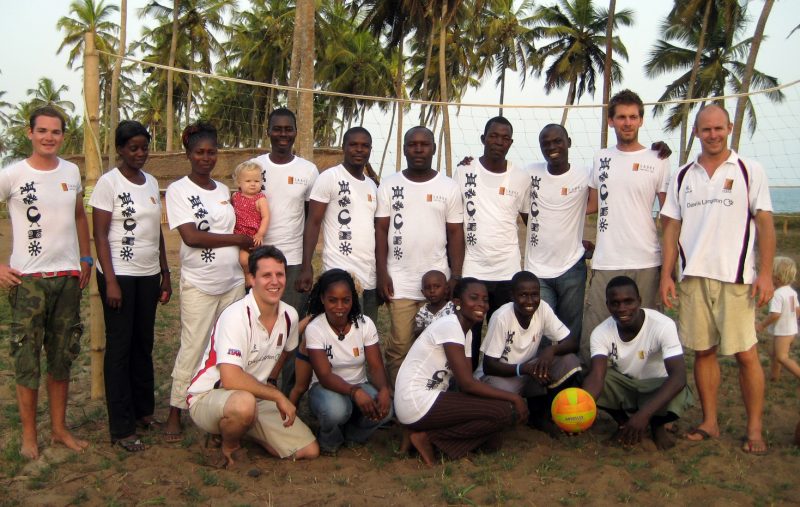
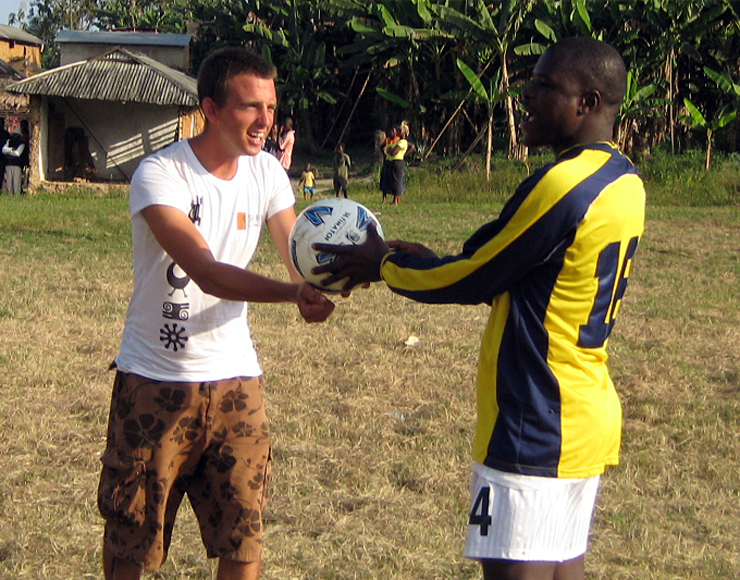
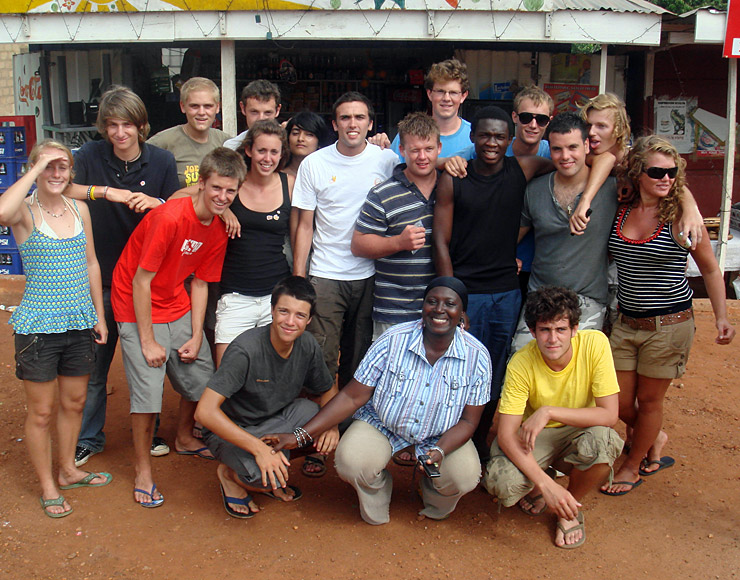
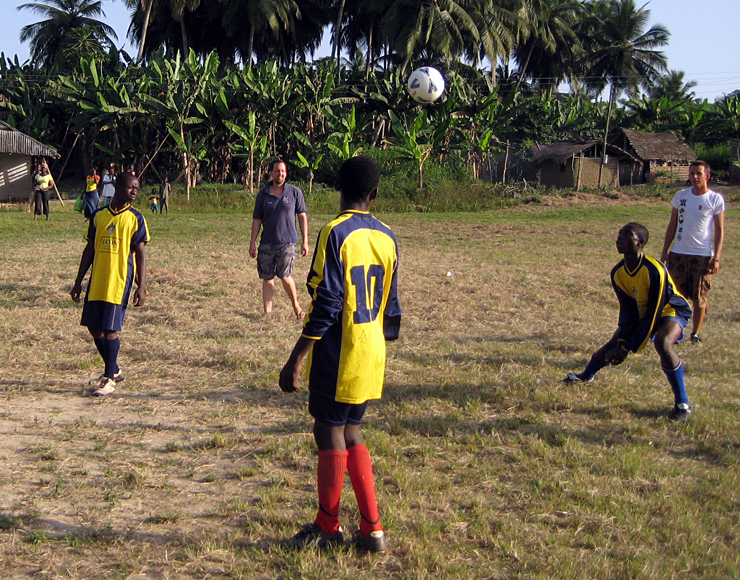
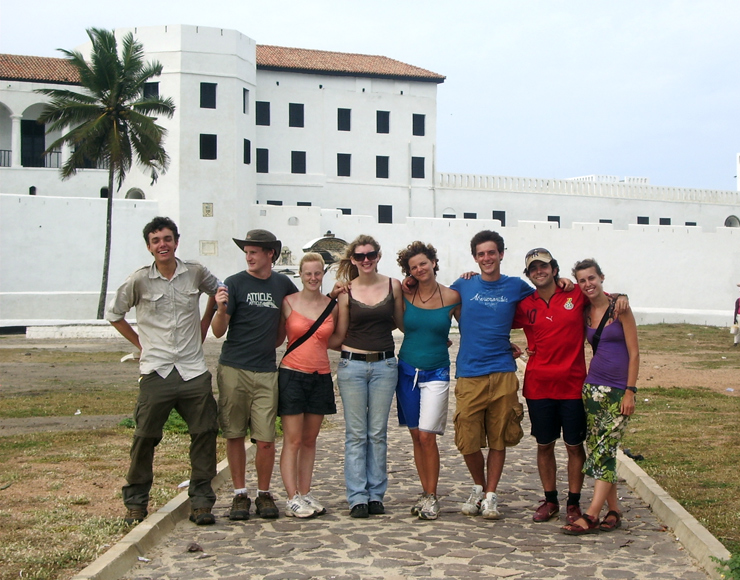
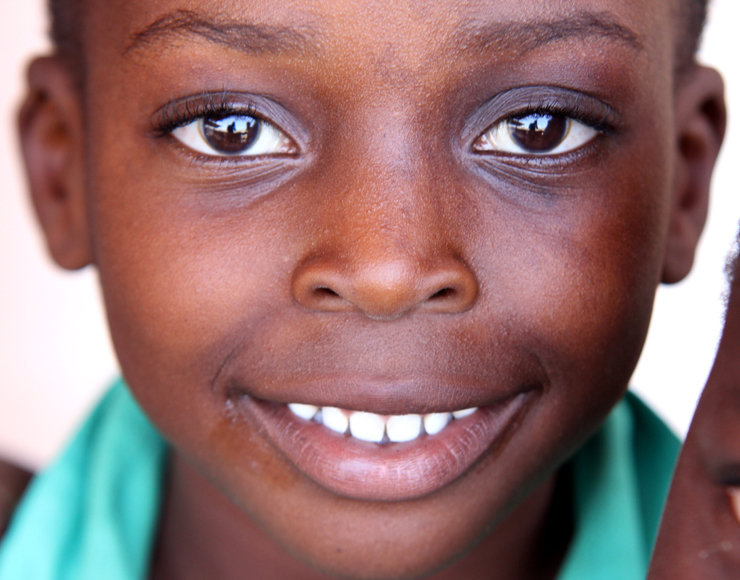
Volleyball Coaching Volunteer Project in Ghana, Accra
Join this volleyball project and coach volleyball in Ghana. You will volunteer in the community coaching volleyball to children and building friendships through sport. This project ...
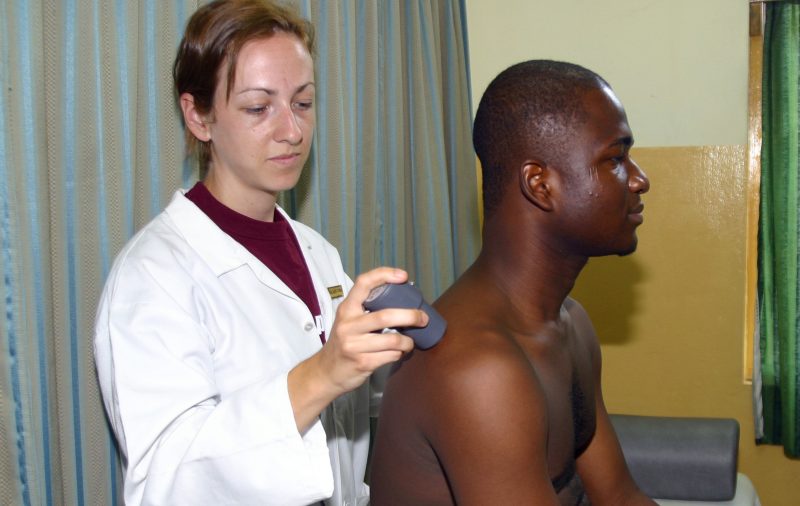
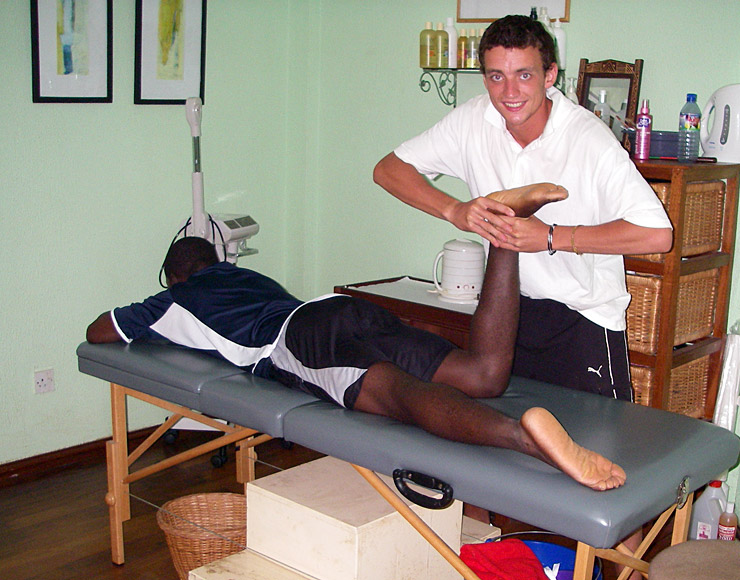
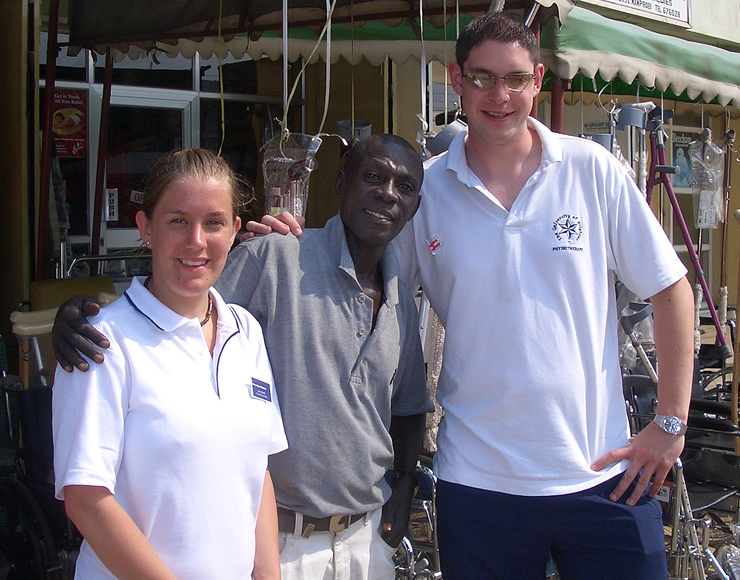
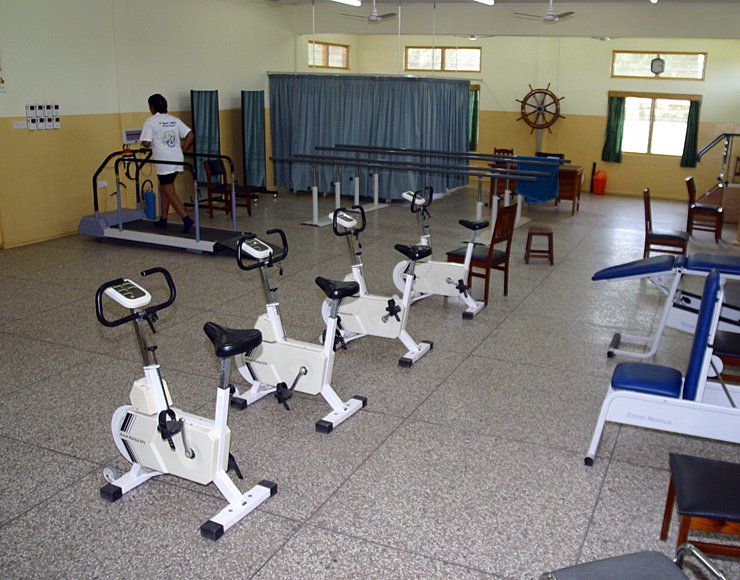
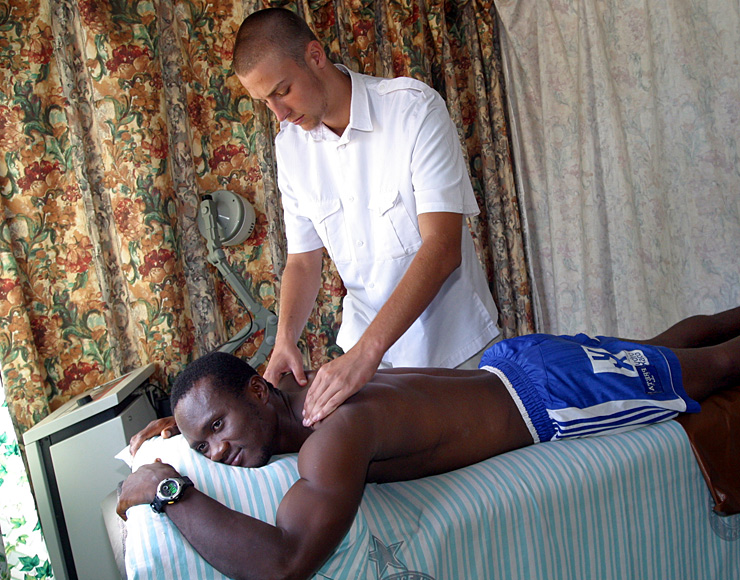
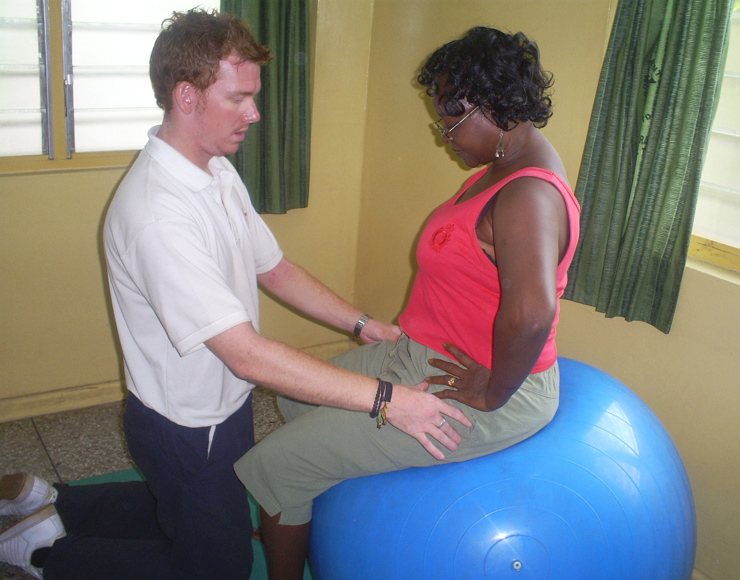
Sports Physiotherapy Internship in Ghana, Accra
Gain invaluable work experience in Ghana as a sports physiotherapist and give athletes the chance to receive extra support for injuries. Gain elective and work experience ...
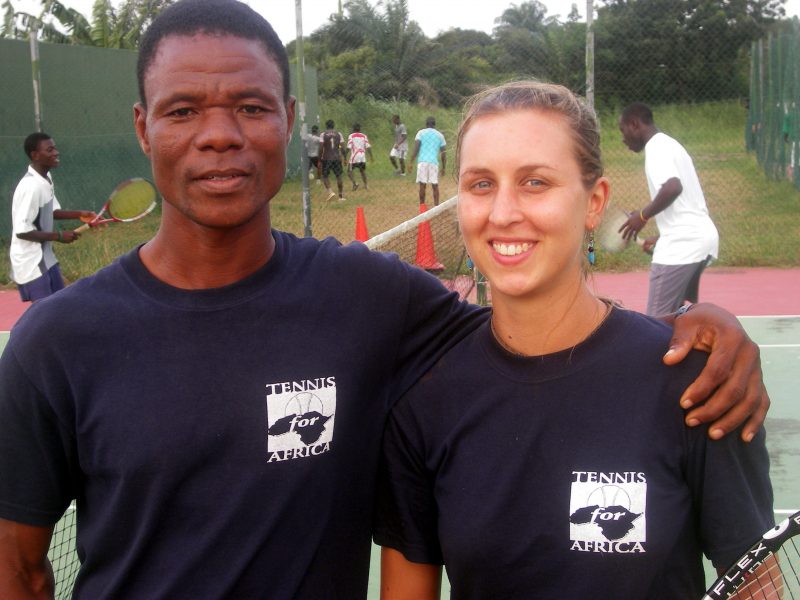
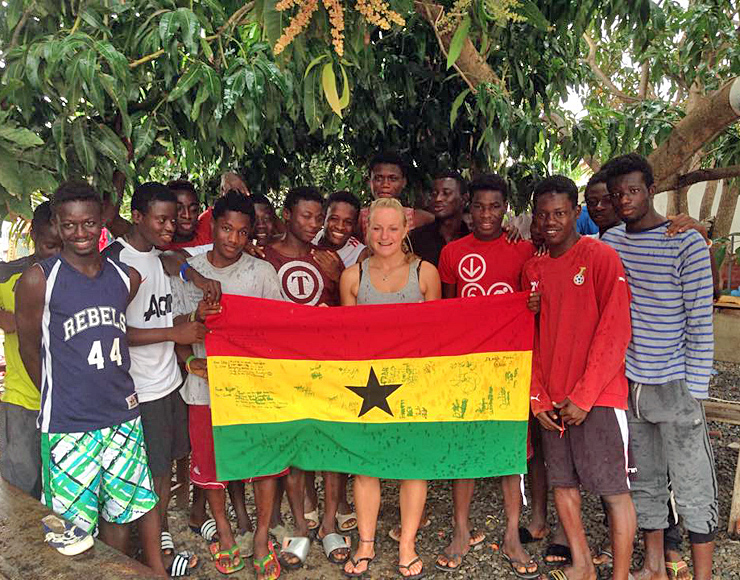
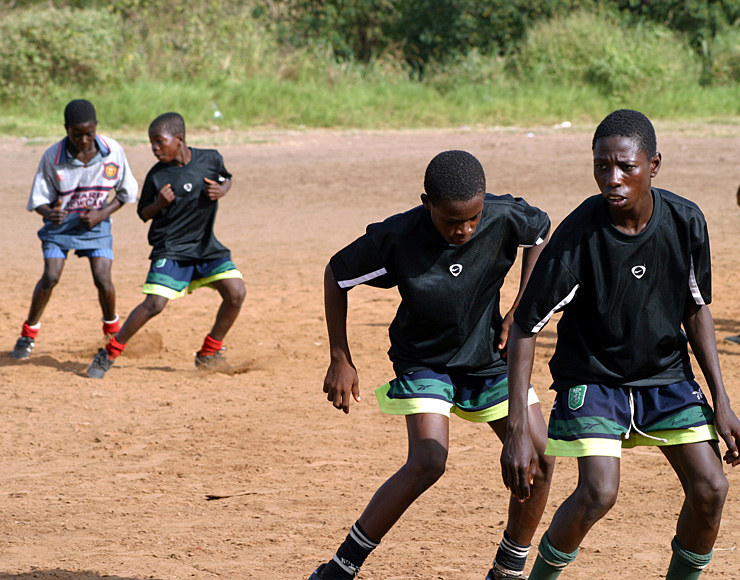
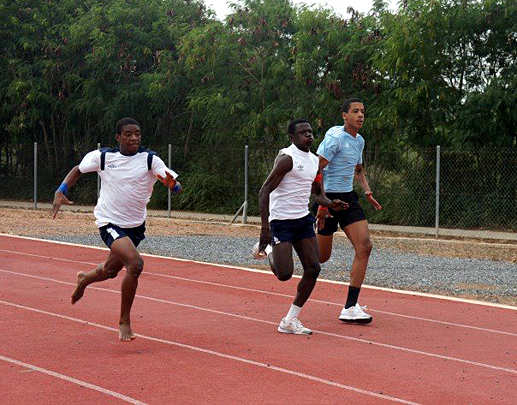
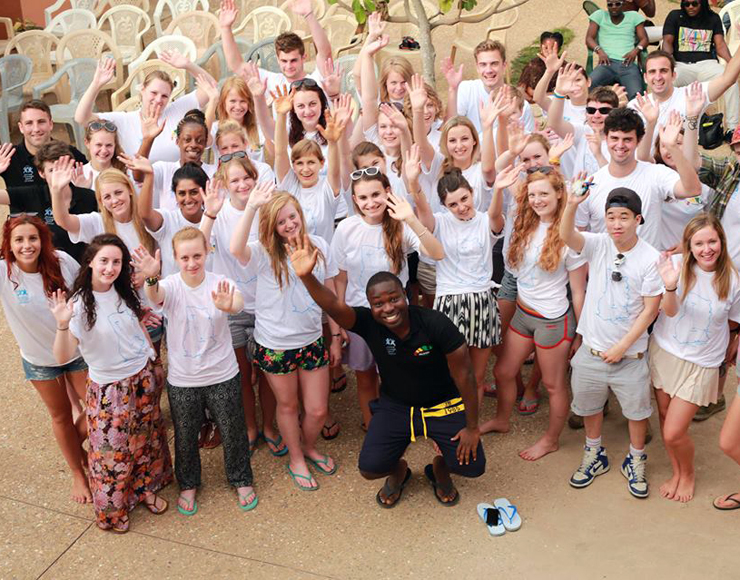
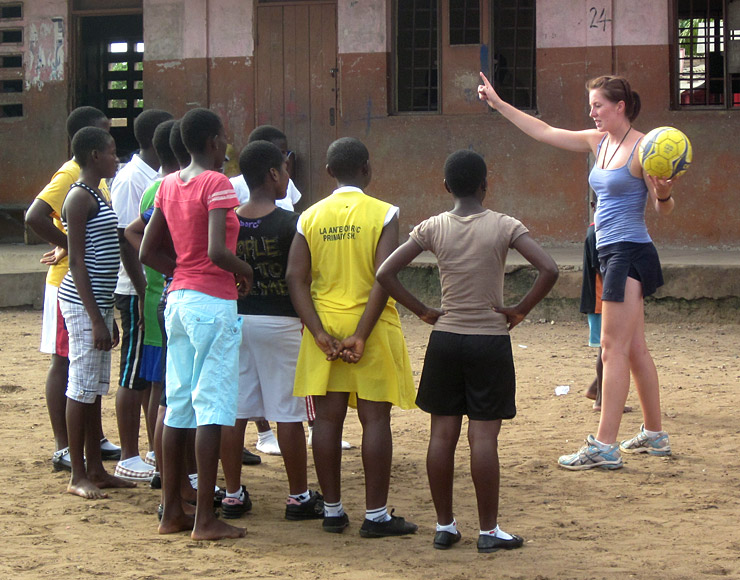
Sports Management Internship in Ghana, Accra
Take on a pivotal role inside a sports development charity in Ghana, the heart of West Africa. Gain valuable hands on experience in a sports management ...
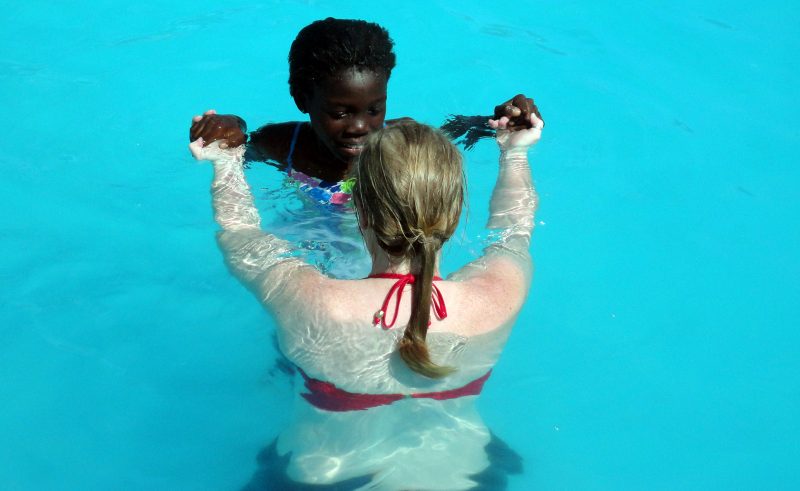
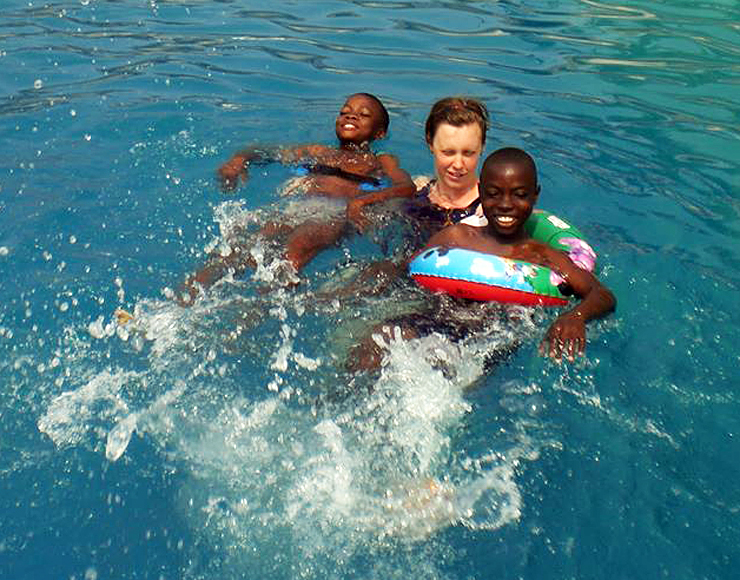
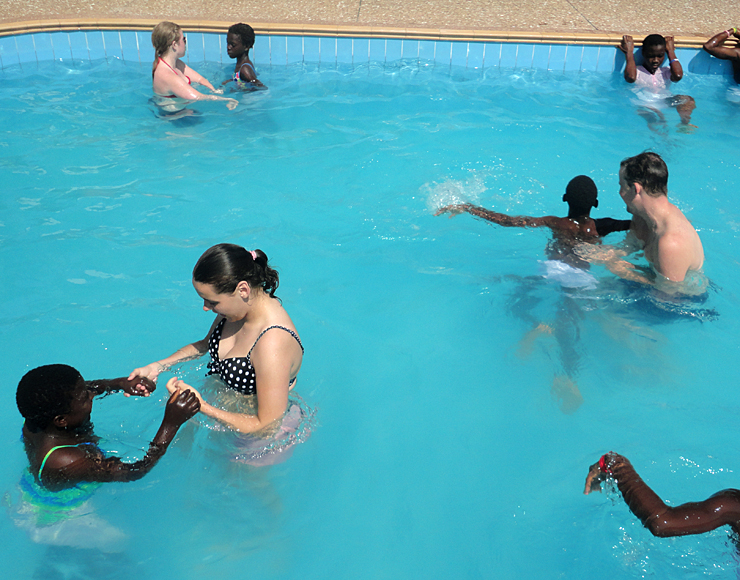
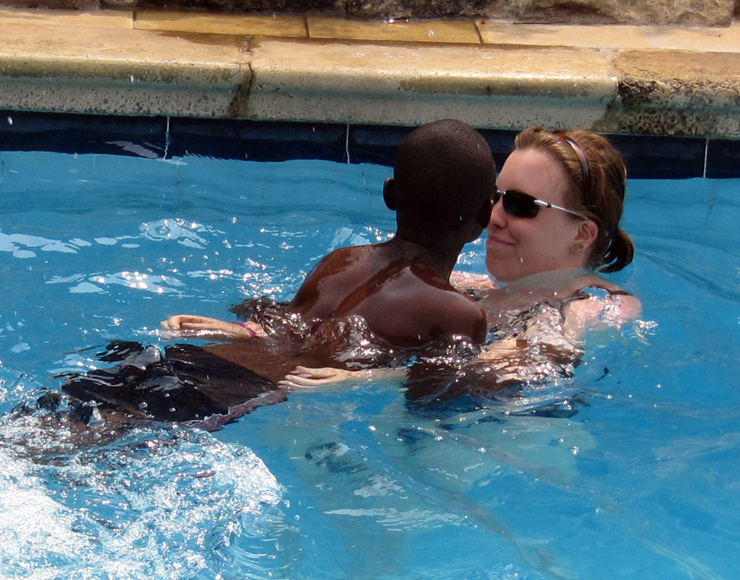
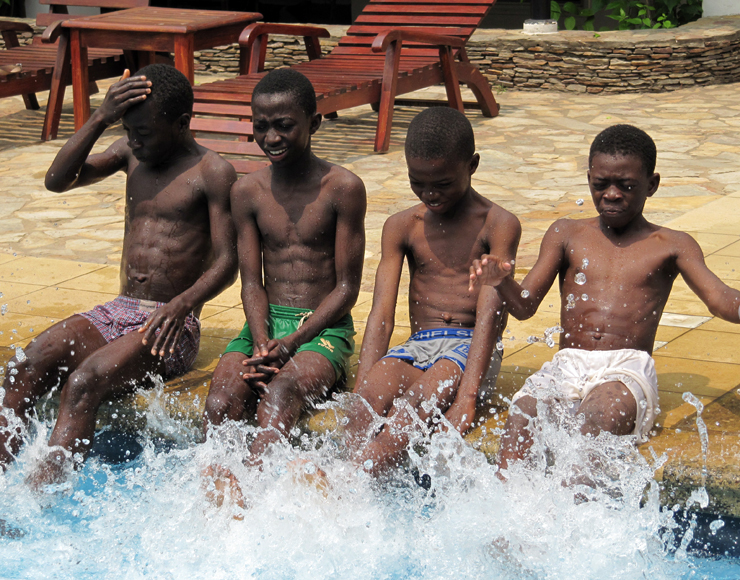
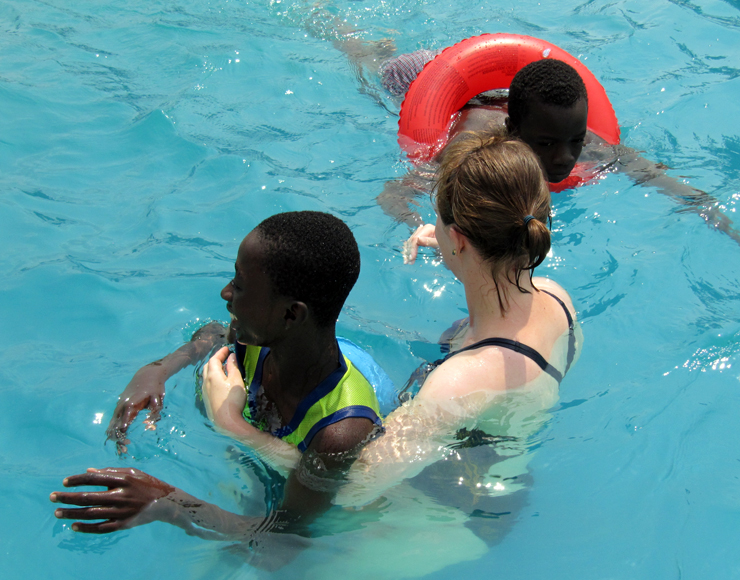
Swimming Teaching Volunteer Project in Ghana, Accra
Teach children and young people how to swim in Ghana and give back a gift that will most certainly save lives. A truly rewarding experience as ...
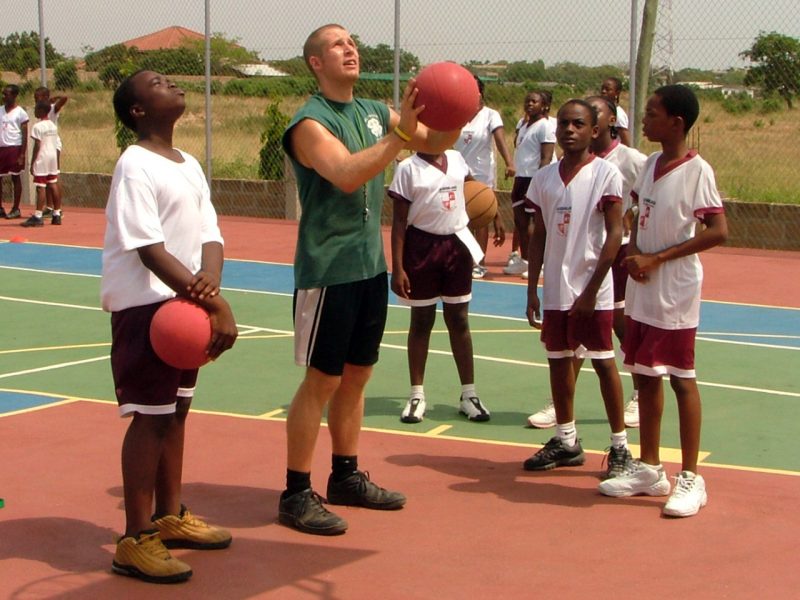
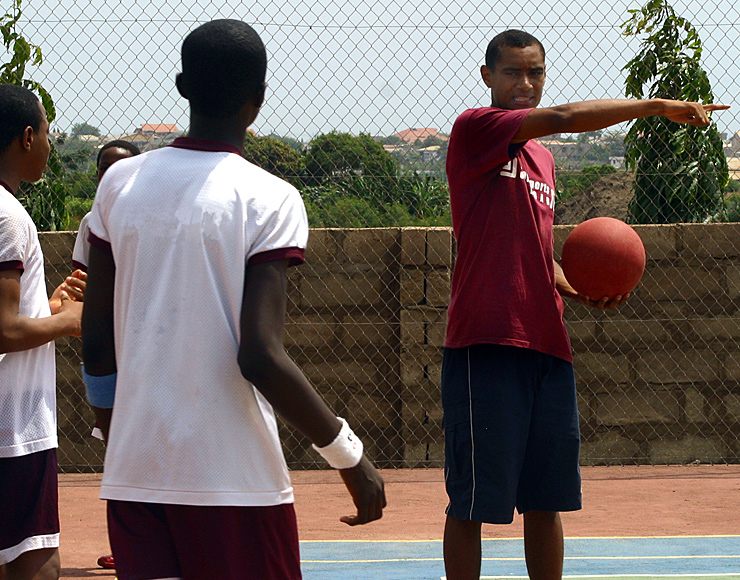
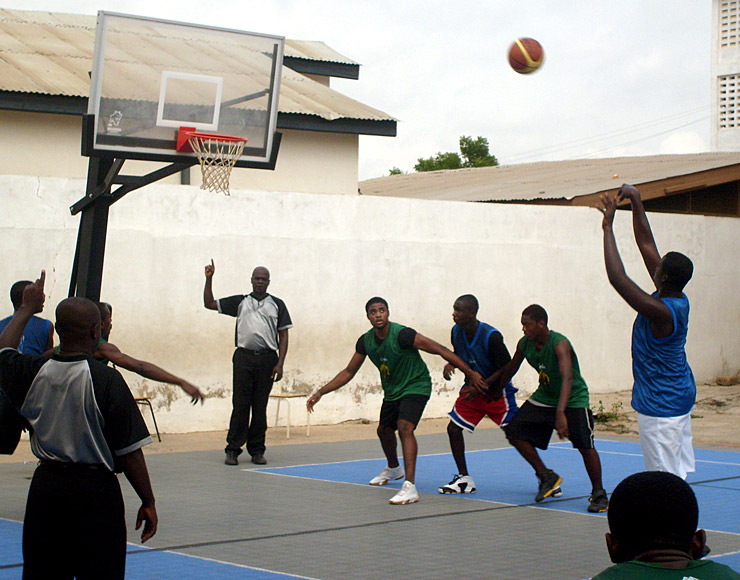
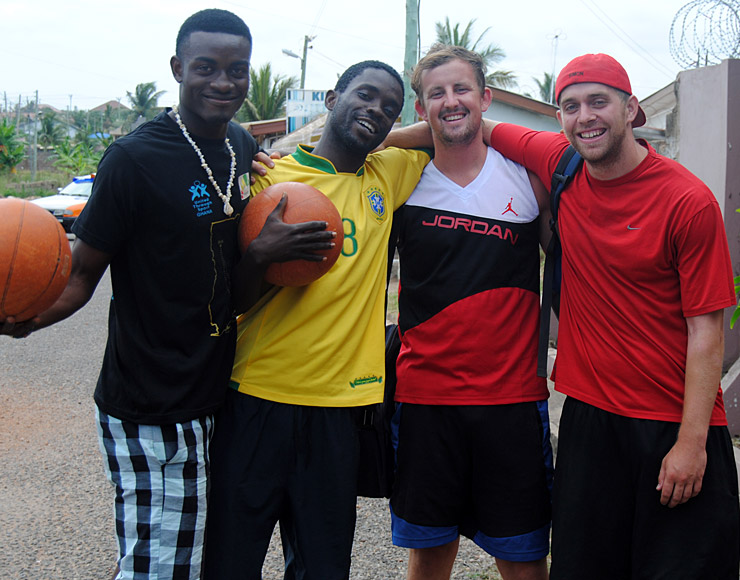
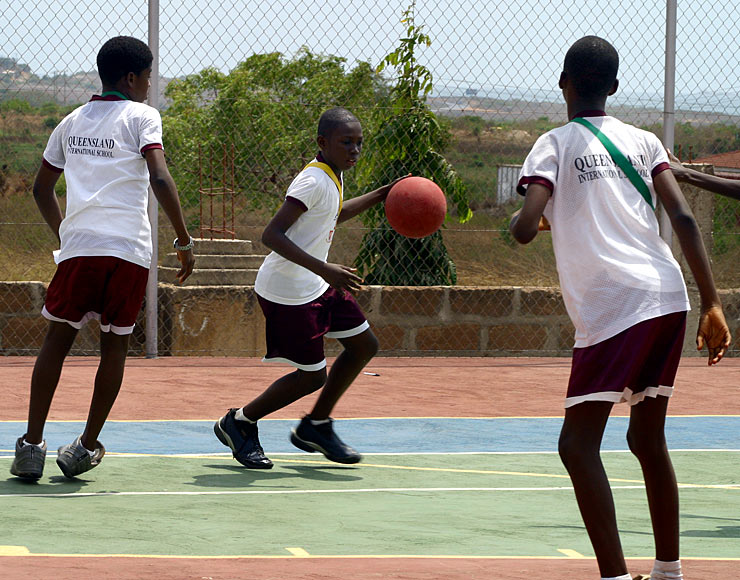
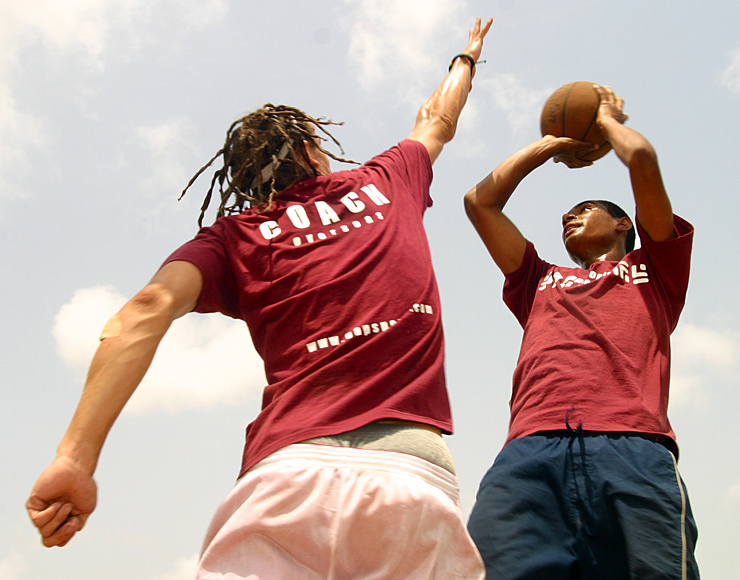
Basketball Coaching & Playing Experience in Ghana, Accra
Coach basketball to young and enthusiastic players in Ghana, who do not have the opportunity to play and train in a structured environment. Challenge yourself as ...
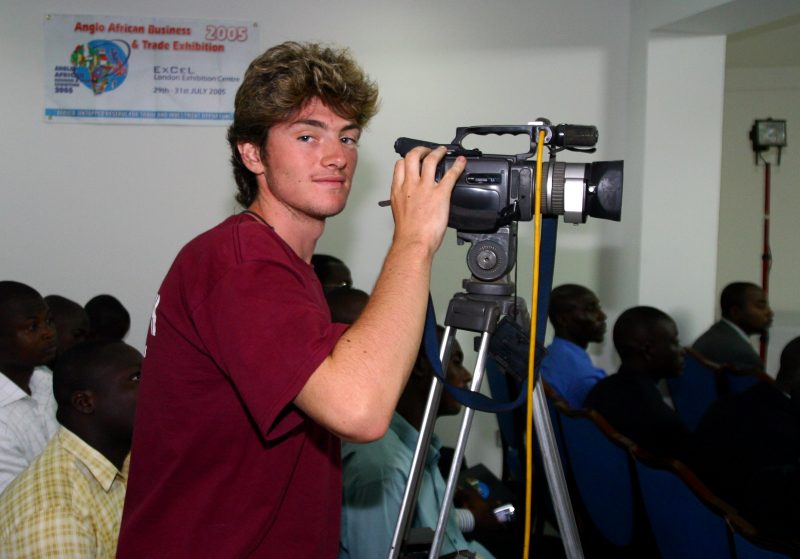
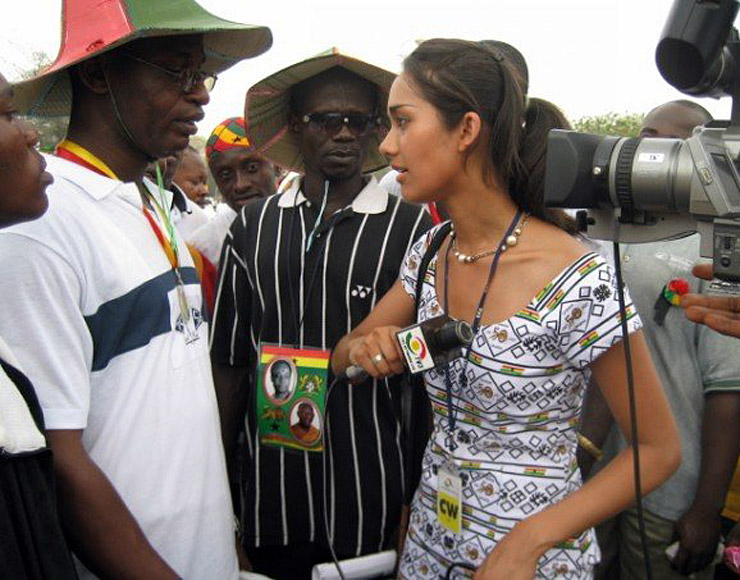
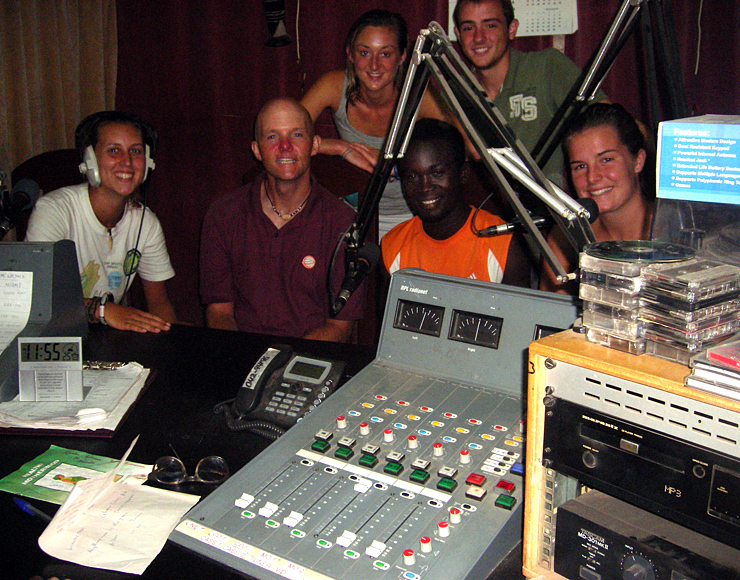
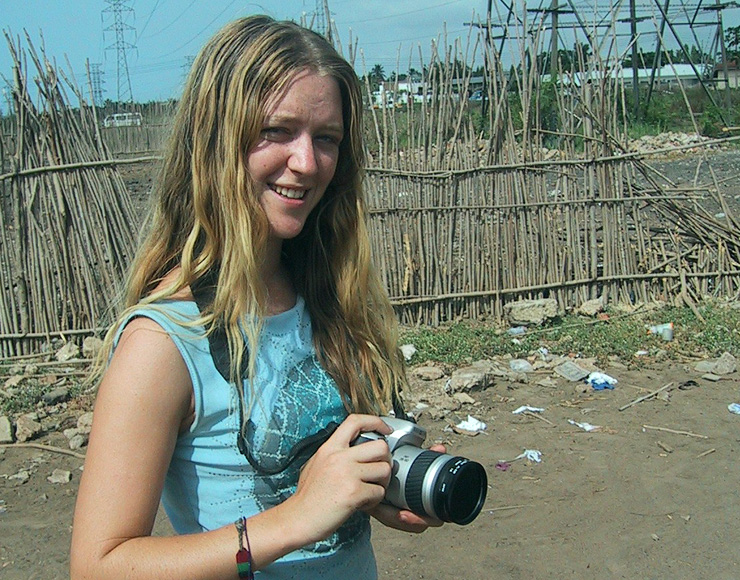
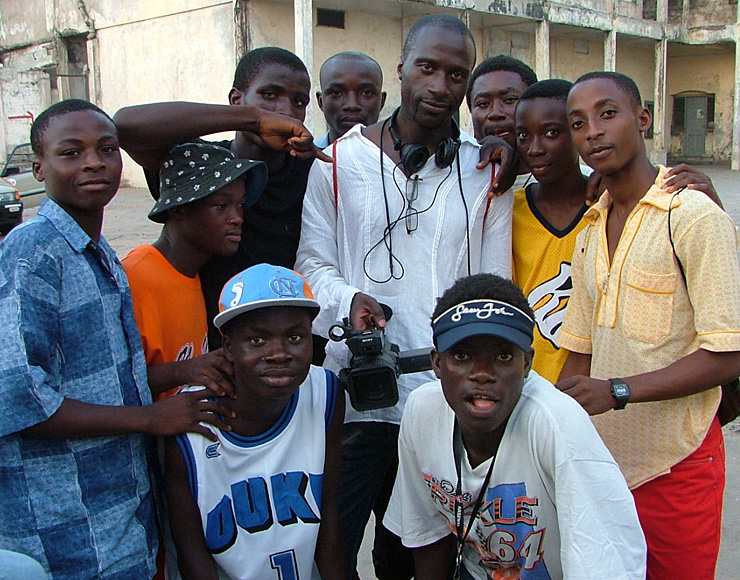
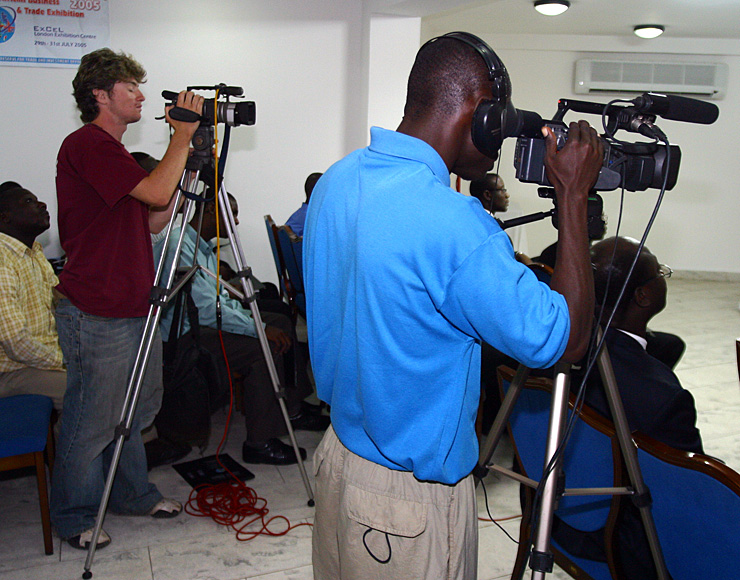
Sports Film and Media Production Internship in Ghana, Accra
A once in a lifetime opportunity for those who wish to explore an exciting new culture whilst developing their filmmaking and photography skills with some of ...